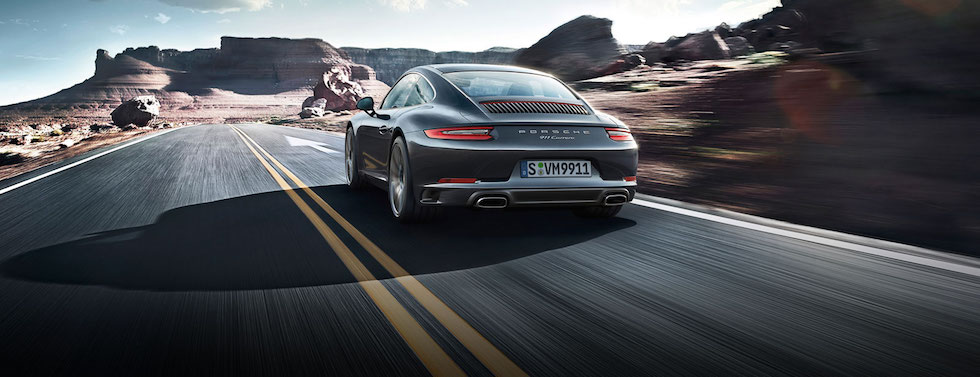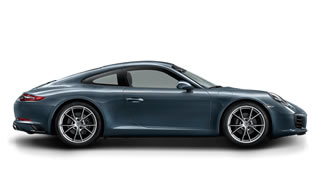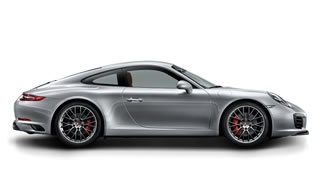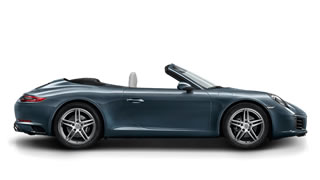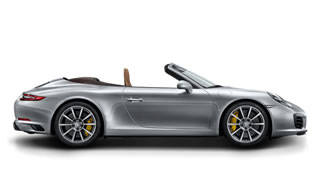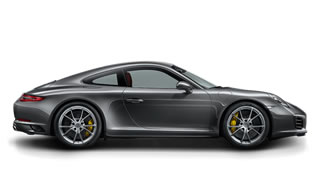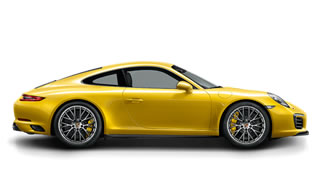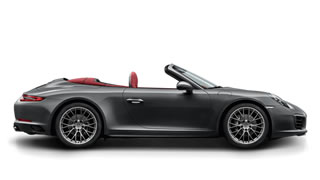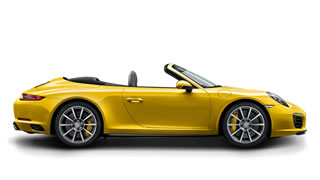Porsche Riverside
8423 Indiana Ave. Riverside, CA 92504Check Out Our Inventory
2018 Porsche 911 Carrera Overview 
2018 Porsche 911 Carrera in Riverside
Porsche 911 Carrera Dealer in Riverside
2018 Porsche 911 Carrera Performance 
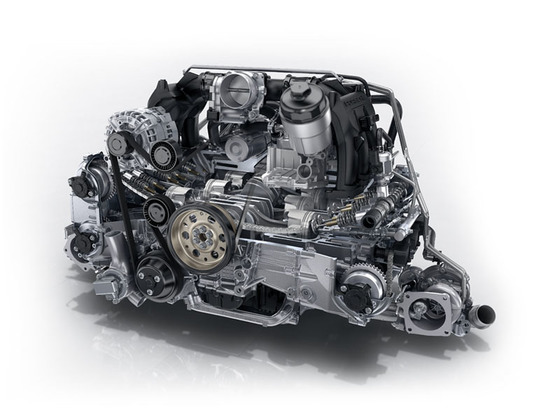
Engines
At Porsche, there are no conventions. Forbidding free thought? That’s forbidden. The only thing that matters is this question: how can we become even better? Let’s put it another way: can we redefine the limits of engineering? Can we reconcile apparent contradictions? Yes, we can. With Intelligent Performance. The engine of the 911 Carrera models develops 370 hp. The maximum torque of 325 lb.-ft. is available from as low as 1,700 rpm. With Porsche Doppelkupplung (PDK), the 911 Carrera can accelerate from 0 to 100 km/h in only 4.4 seconds and reach a top speed of 293 km/h.
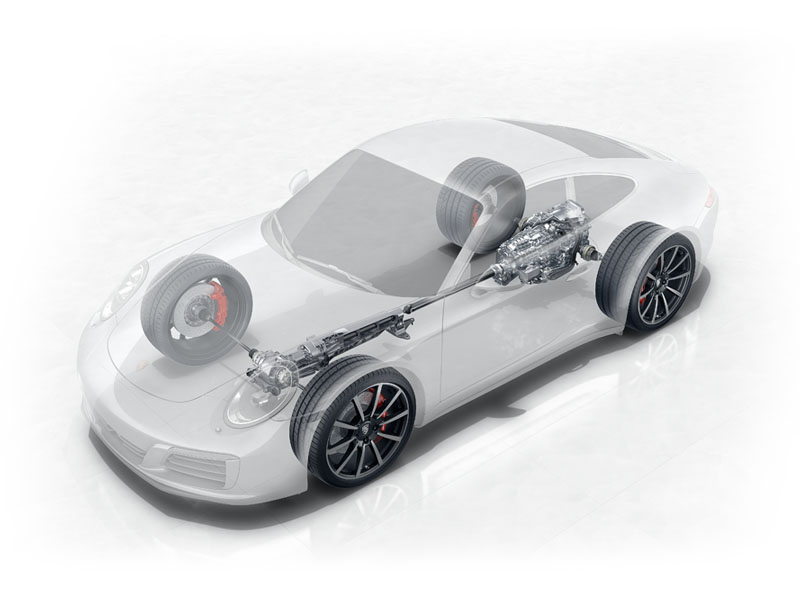
Rear-wheel and all-wheel drive
The answer may turn out differently on either side, but neither would be wrong. Those who recognise the rear-driven variant as being the one true 911 should consider that the all-wheel drive setup goes back to the legendary Paris–Dakar Rally of 1984, when the Porsche 953 based on the 911 wrote its own chapter in sport – and engineering – history. Fun in the corners, by the way, is guaranteed by both drive layouts. Rear or all-wheel drive? Whatever stance you take, the most fascinating philosophy of life is and shall remain the practical one. At Porsche, this philosophy has been about the road for well over 60 years.
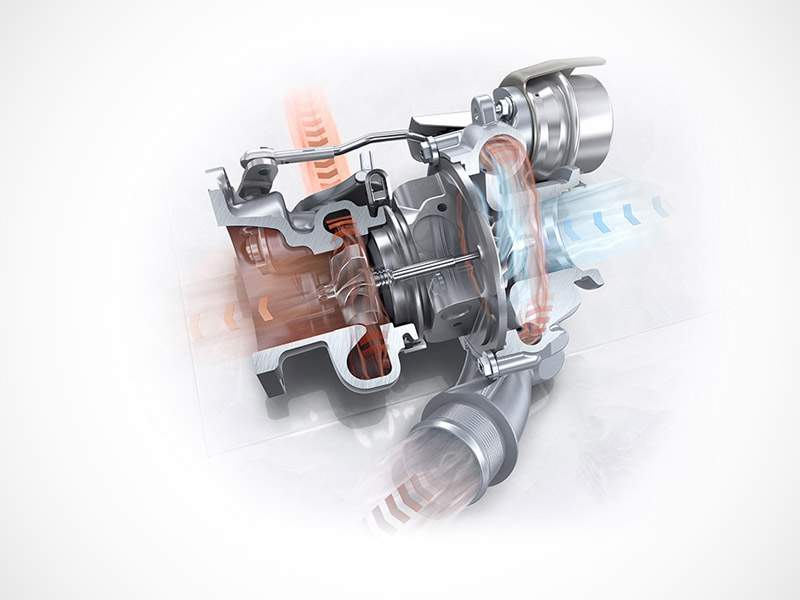
Turbochargers
The displacement of the new 911 models has been considerably reduced with the aim of cutting fuel consumption. That’s because we more than most as a sports car manufacturer bear huge responsibility. Nevertheless, the power output of the new engines has been significantly increased. Responsible for that are the turbochargers developed for the 911 completely from scratch.
The drive system is a twin-turbo configuration. It has two turbochargers with one charge-air cooling for each cylinder bank. Both turbos are particularly compact and have been optimally adapted to the displacement and power output of the engine. This construction minimises the inertia of the drivetrain and improves responsiveness. The new turbochargers leave the sceptics in their wake and find a new destination: unexplored levels of torque.
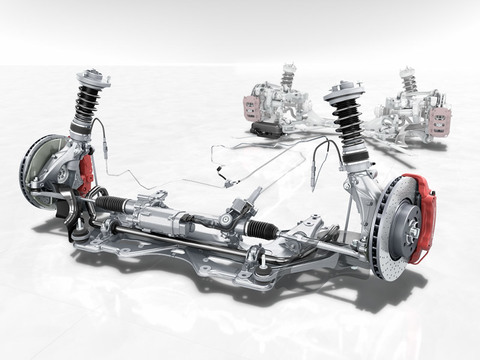
Porsche Active Suspension Management (PASM)
PASM is fitted as standard in all 911 models for the first time. This electronic damping control system continuously adjusts the damping force on each wheel, based on current road conditions and driving style. PASM has two modes, which can be selected using a separate button on the centre console: ‘Normal’, which is a blend of performance and comfort, and ‘Sport’ where the setup is much firmer. The results are tangible: increased driving stability, improved comfort and enhanced performance.
2018 Porsche 911 Carrera Appearance 
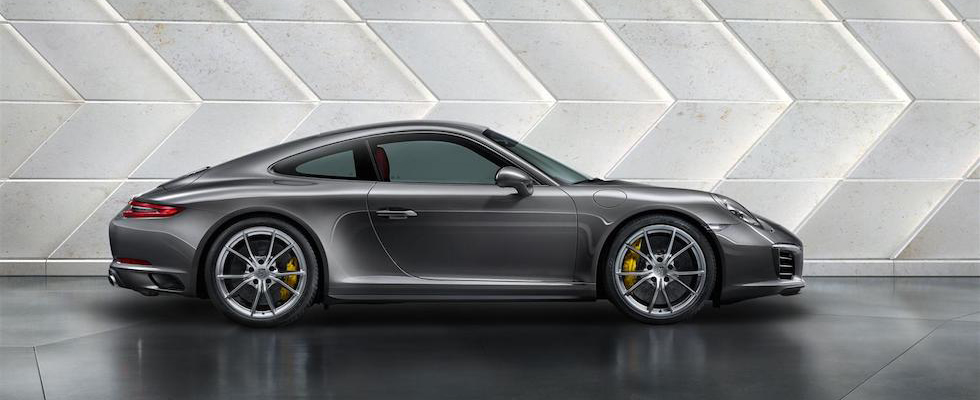
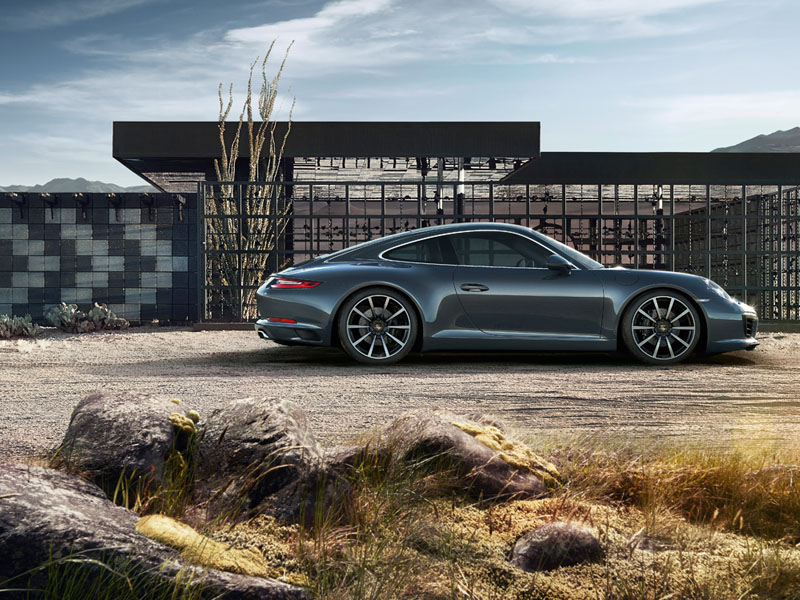
Design
The design of the 911 shows where we come from and where our roots are. But it also shows the direction of our thinking and how we see the future. The front has been reshaped for an even sportier look. The air intakes are larger, the design is even more succinct. In the side air intakes, new active air intake flaps control aerodynamics and cooling performance as required.
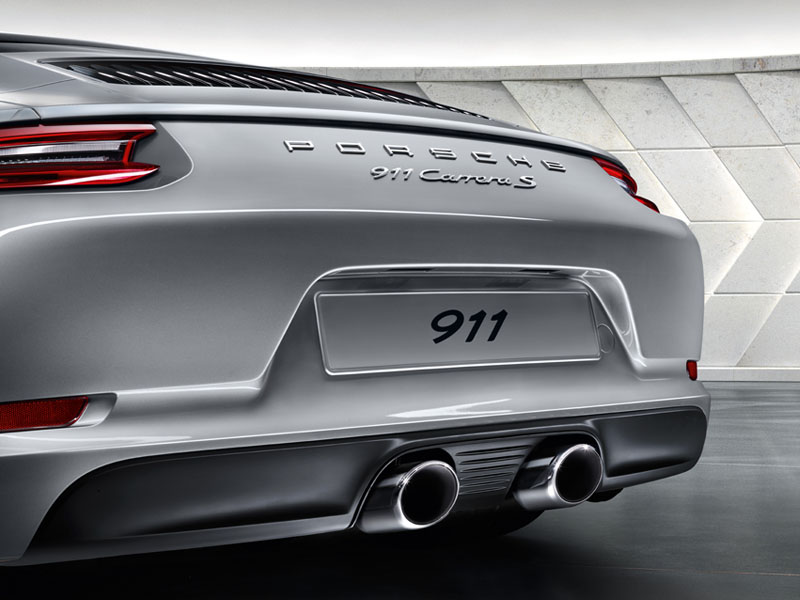
Sport exhaust system
It’s a first for any Porsche turbocharged boxer engines, and it’s a technical innovation. Available as an option for the new 911, the sport exhaust system features two catalytic converters and a rear silencer, which lead into two centrally positioned tailpipes. For a look otherwise more likely to be seen on the racetrack. For impressive resonance and an intense sports car sound – typical of the 911. For 100 % Porsche. And for goose bumps at the push of a button.
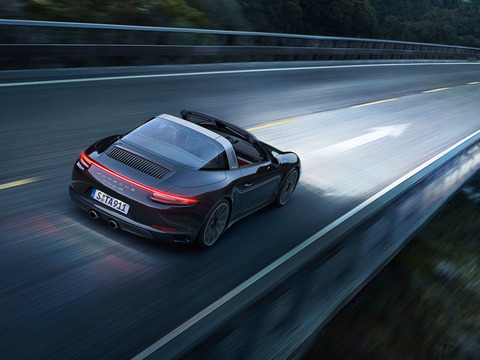
Lights
A restyling of the Bi-Xenon main headlights – fitted as standard – sees the four-spot LED daytime running lights now incorporated into each headlight unit. These are an innovative technical feature of the new 911 models – and a facet of their personality. After all, it is the characteristic lighting design that makes the face of the 911 so unmistakable.
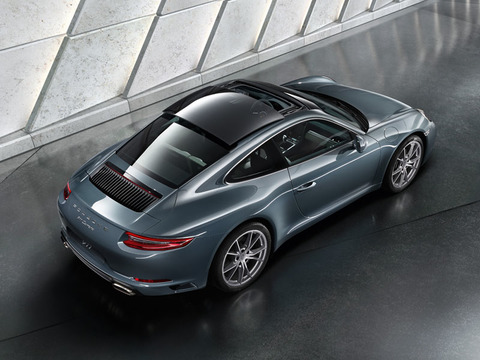
Slide/tilt sunroof
The electrically adjustable slide/tilt sunroof is available as an option for the 911 Coupé models. It opens outwards so that it does not interfere with headroom. Another advantage of this innovative design is the particularly large aperture for increased driving pleasure under the open sky. The net-type wind deflector protects against draught and further reduces wind noise.
2018 Porsche 911 Carrera Comfort 
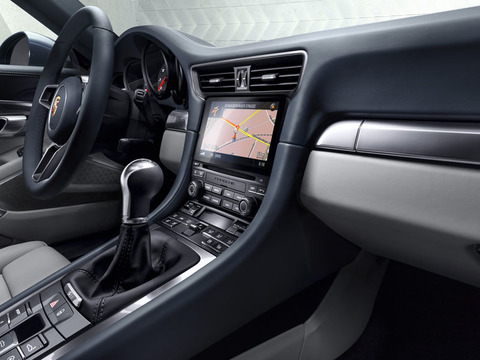
Climate control
An active carbon filter traps particles, pollen and odours and an automatic airrecirculation function permanently monitors air quality, reduces humidity and switches from fresh to recirculated air when required. A demister function keeps the windows clear in cold weather. In warmer weather, strong sunlight is detected by a solar sensor, for which the air conditioning system automatically compensates in order to maintain the comfort of both the driver and front passenger.
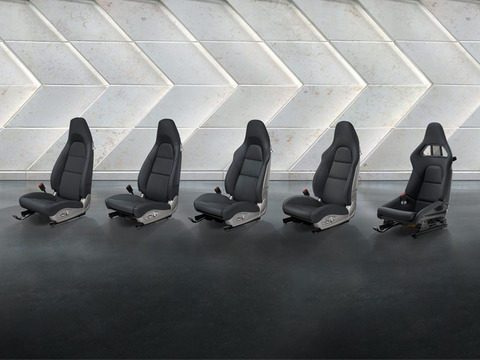
Seat heating and ventilation
Seat heating is available as an option for all seats. Seats are heated in the squab, the backrest and, for the front seats, the side bolsters. Seat ventilation is also available on request (excluding Sports bucket seats) – for a pleasant and dry seating environment, even in hot weather.
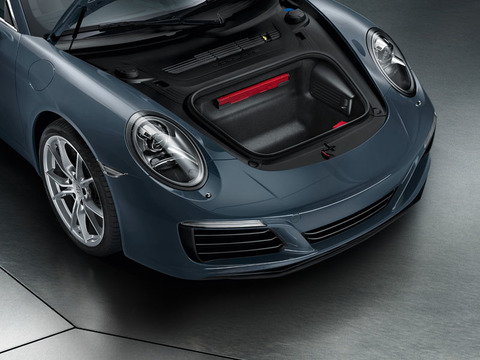
Luggage compartment
The luggage compartment volume in the 911 models is 145 liters – 125 liters in the 911 all-wheel drive models. The luggage compartment is fully trimmed in scratch-resistant materials.
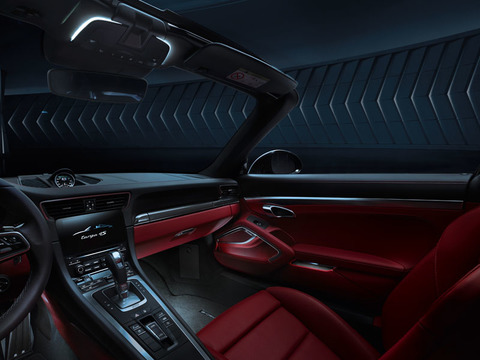
Light design package
The optional light design package is both practical and aesthetically appealing. It comprises dimmable LEDs in the overhead console and in the areas of the door handles, door storage compartments, front footwells and rear seats.
2018 Porsche 911 Carrera Safety 
New Car Limited Warranty & Porsche 24-Hour Roadside Assistance Program for 4-Years / 50,000 Miles (whichever occurs first)
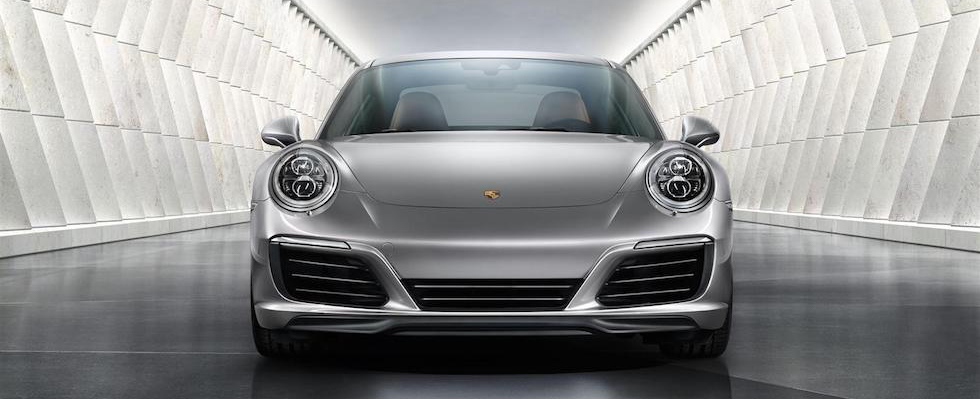
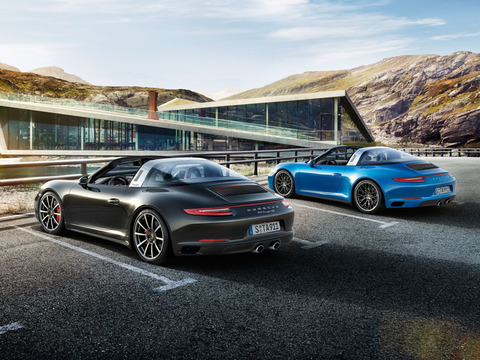
ParkAssist
Featuring four inconspicuous sensors in the rear end, the system audibly alerts the driver to the presence of obstacles detected behind the vehicle. An intermittent warning tone increases in rapidity as the obstacle is approached. ParkAssist comes standard and monitors the front end with four additional sensors. The audible alert is supplemented by a visual warning in the central display screen, which shows a graphical representation of the vehicle from overhead. The standard reversing camera facilitates precise reverse parking and manoeuvring. Help is provided in the form of the camera image and the dynamic, superimposed guidelines on the PCM screen, which illustrate the predicted course of the vehicle given the current position of the steering wheel.
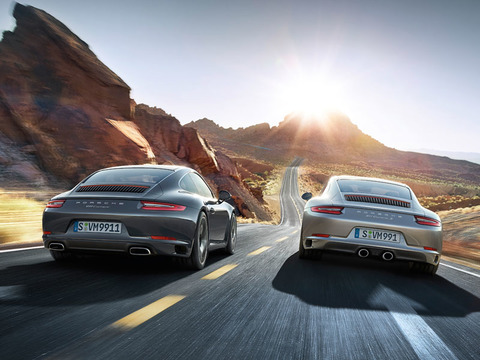
Lane Change Assist
New Lane Change Assist, available as an option, uses radar sensors to monitor the areas to the rear of the vehicle and the blind spots on either side. Above a speed of 15 km/h, the system issues a visual warning signal in the door mirror panel whenever a vehicle rapidly approaches your vehicle from behind or enters one of your blind spots. In this way, Lane Change Assist improves comfort and safety, particularly on motorways. However, the system does not actively intervene to control the vehicle and can be deactivated at any time.
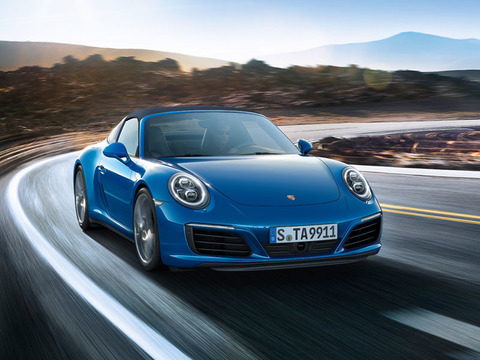
Roll-over protection
In the 911 Carrera Cabriolet models, an automatically deploying roll-over protection system offers added protection if the car were to overturn. Two spring-loaded roll-over bars are neatly incorporated behind the rear seats. The roll-over sensor continuously monitors the car’s pitch and roll, contact with the road, as well as lateral and longitudinal forces. The instant a potential roll-over is detected, it initiates deployment of the roll-over bars within fractions of a second.
2018 Porsche 911 Carrera Specification 

Width: 71.2 in. (w/o mirrors)
Length: 177.1 in. (4,499 mm)
Specs reflect base model unless otherwise noted.
| Engine | Manual | PDK |
|---|---|---|
| Cylinder layout / number of cylinders | Boxer 6 | Boxer 6 |
| Displacement | 3.0 l | 3.0 l |
| Engine layout | Rear engine | Rear engine |
| Horsepower | 370 hp | 370 hp |
| Max. Torque | 331 lb.-ft. | 331 lb.-ft. |
| Compression ratio | 10.0 : 1 | 10.0 : 1 |
| Performance | Manual | PDK |
| Top Track Speed | 183 mph | 182 mph |
| 0 - 60 mph | 4.4 sec | 4.2 sec / 4.0 sec (PDK with Sport Chrono) |
| Flexibility 50 - 75 mph (in 5th gear) | 5.5 sec | - |
| Transmission | Manual | PDK |
| Driveline layout | Rear wheel drive | Rear wheel drive |
| Other | ||
| Luggage compartment volume (DIN measurements) | 5.1 ft³ | 5.1 ft³ |
| Fuel Tank Capacity | 16.9 gal. | 16.9 gal. |
| Body | Manual | PDK |
|---|---|---|
| Length | 177.1 in. (4,499 mm) | 177.1 in. (4,499 mm) |
| Width | 71.2 in. (w/o mirrors) | 71.2 in. (w/o mirrors) |
| Height | 50.9 in. (1,294 mm) | 50.9 in. (1,294 mm) |
| Wheelbase | 96.5 in. (2,450 mm) | 96.5 in. (2,450 mm) |
| Drag coefficient (Cd) | 0.29 | 0.29 |
| Curb weight | 3,153 lbs | 3,153 lbs |
| Towing capacity (braked / unbraked) | - / - | - / - |
| Gross Vehicle Weight Rating (GVWR) | 4,133 lbs | 4,133 lbs |
| Fuel Consumption | Manual | PDK |
|---|---|---|
| City (estimate) | 20 mpg | 22 mpg |
| Highway (estimate) | 29 mpg | 30 mpg |
| Combined (estimate) | 23 mpg | 25 mpg |
Check Out Our Inventory
Disclaimers
- * For up-to-date pricing and disclaimer information please contact your local dealer.
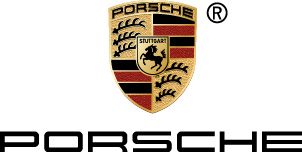
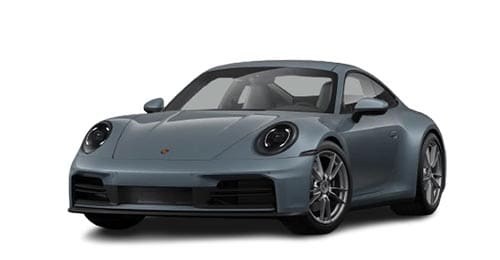 2026 911 Carrera
2026 911 Carrera
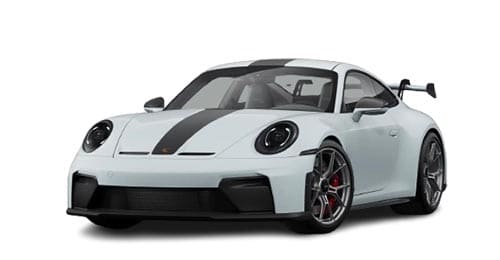 2026 911 GT3
2026 911 GT3
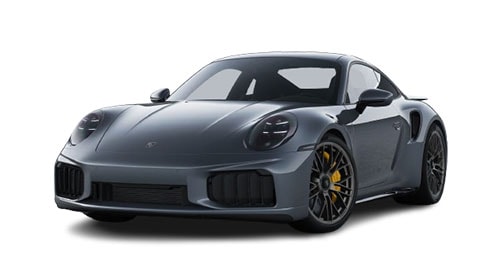 2026 911 Turbo S
2026 911 Turbo S
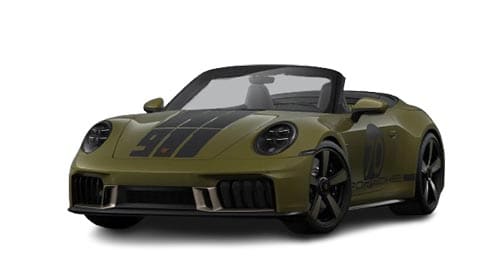 2026 911 Spirit 70
2026 911 Spirit 70
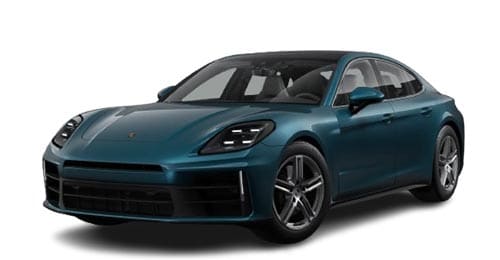 2026 Panamera
2026 Panamera
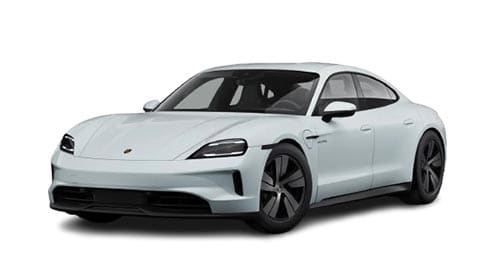 2026 Taycan
2026 Taycan
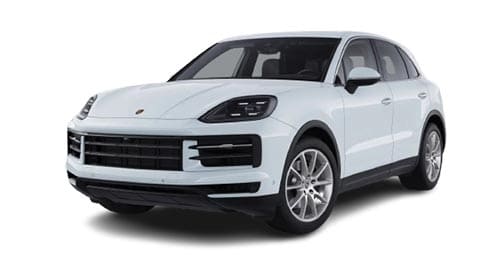 2026 Cayenne
2026 Cayenne
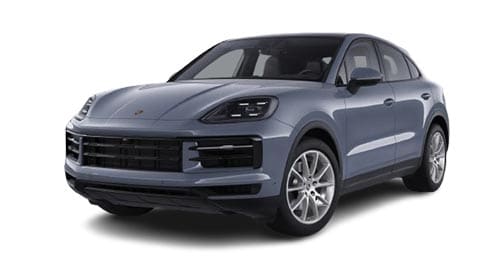 2026 Cayenne Coupe
2026 Cayenne Coupe
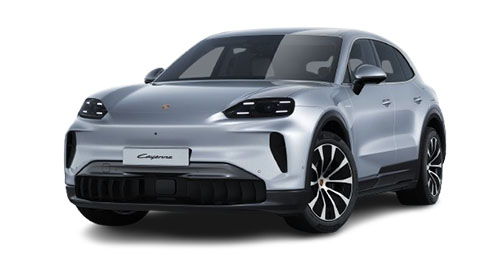 2026 Cayenne Electric
2026 Cayenne Electric
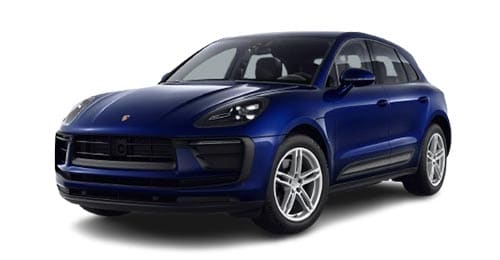 2026 Macan
2026 Macan
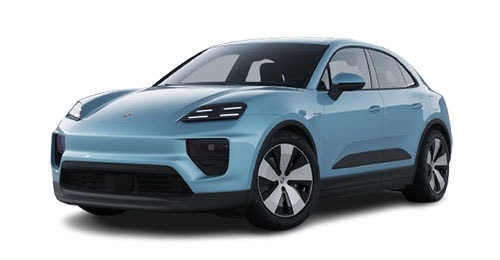 2026 Macan Electric
2026 Macan Electric
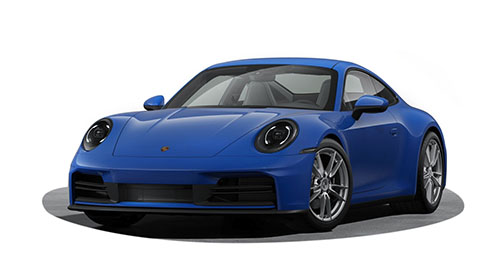 2025 911 Carrera
2025 911 Carrera
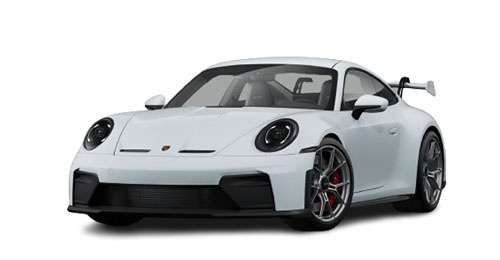 2025 911 GT3
2025 911 GT3
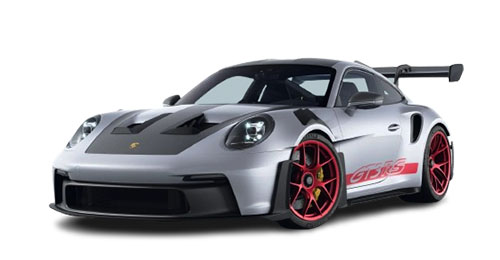 2025 911 GT3 RS
2025 911 GT3 RS
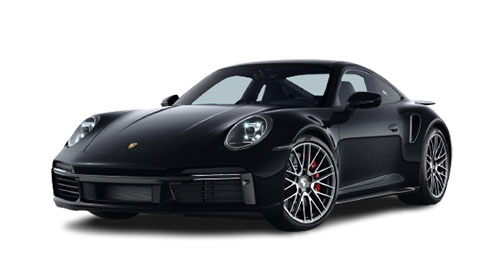 2025 911 Turbo
2025 911 Turbo
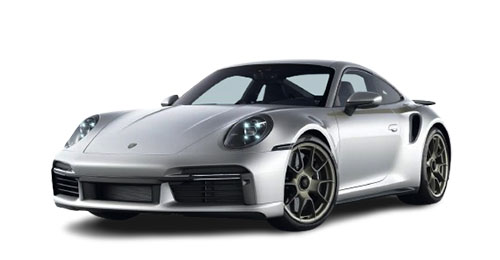 2025 911 Turbo 50 Years
2025 911 Turbo 50 Years
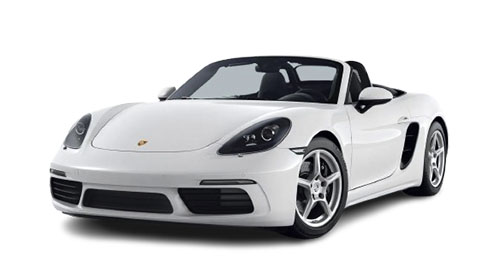 2025 718 Boxster
2025 718 Boxster
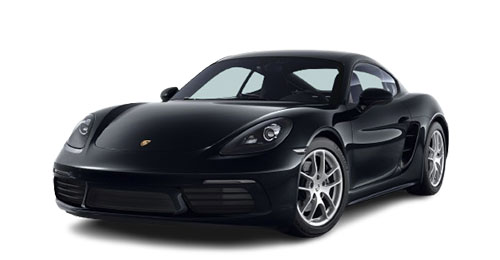 2025 718 Cayman
2025 718 Cayman
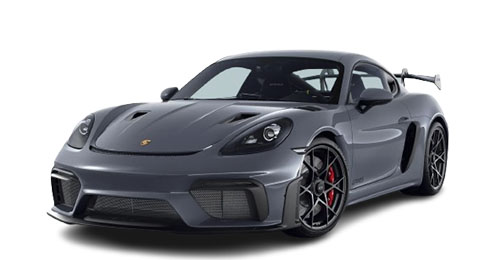 2025 718 Cayman GT4 RS
2025 718 Cayman GT4 RS
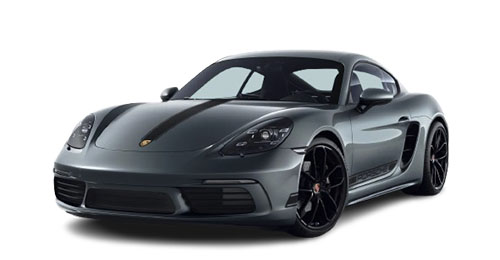 2025 718 Cayman Style Edition
2025 718 Cayman Style Edition
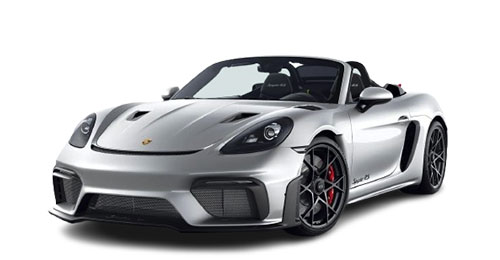 2025 718 Spyder RS
2025 718 Spyder RS
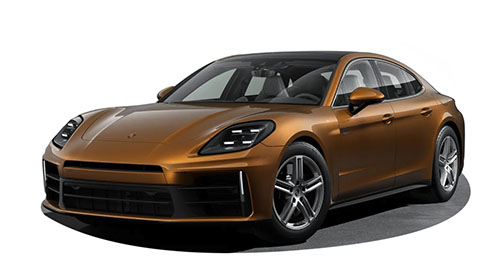 2025 Panamera
2025 Panamera
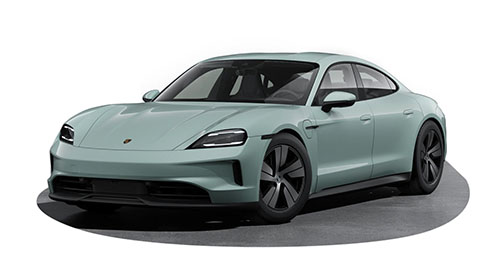 2025 Taycan
2025 Taycan
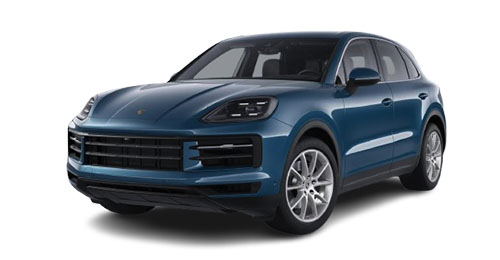 2025 Cayenne
2025 Cayenne
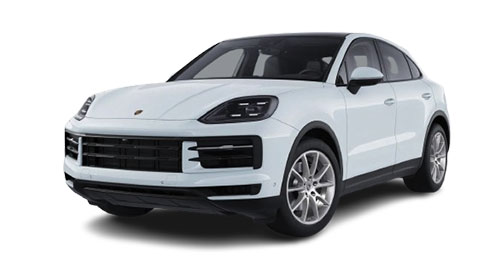 2025 Cayenne Coupe
2025 Cayenne Coupe
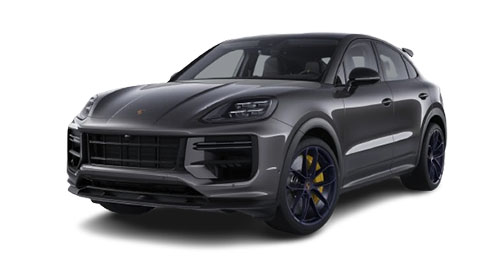 2025 Cayenne Turbo GT
2025 Cayenne Turbo GT
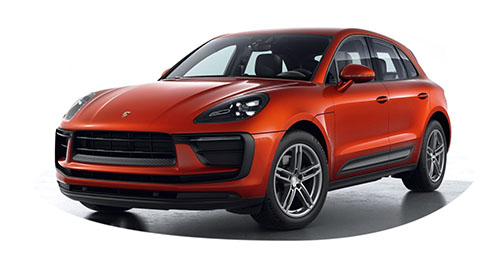 2025 Macan
2025 Macan
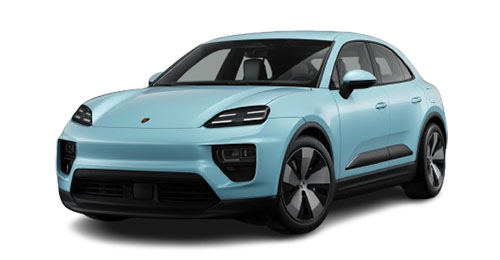 2025 Macan Electric
2025 Macan Electric
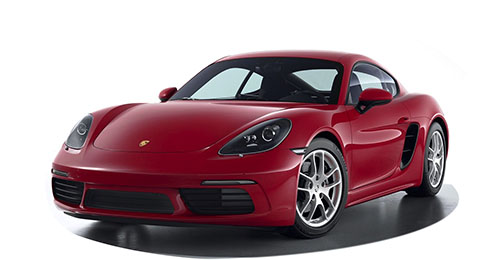 2024 718 Cayman
2024 718 Cayman
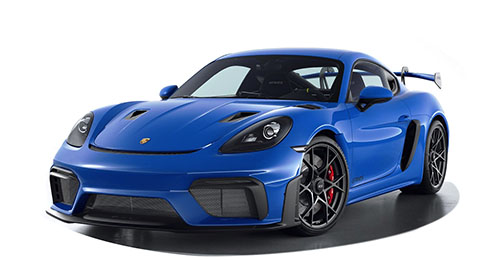 2024 718 Cayman GT4 RS
2024 718 Cayman GT4 RS
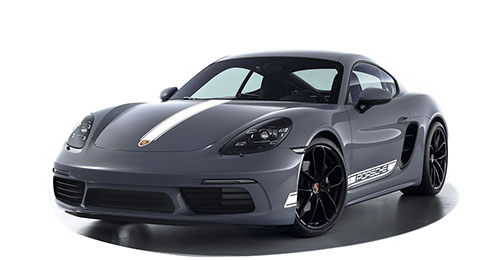 2024 718 Cayman Style Edition
2024 718 Cayman Style Edition
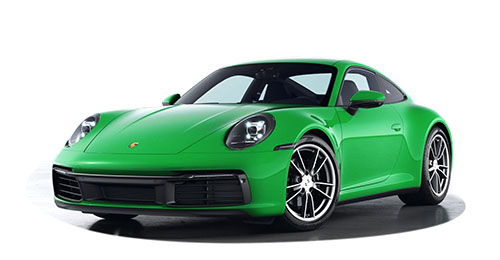 2024 911 Carrera
2024 911 Carrera
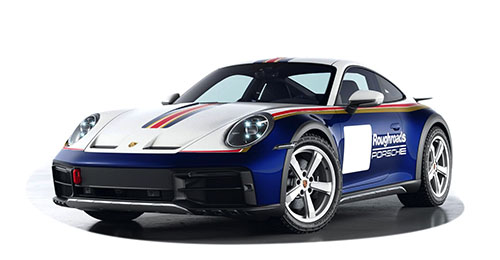 2024 911 Dakar
2024 911 Dakar
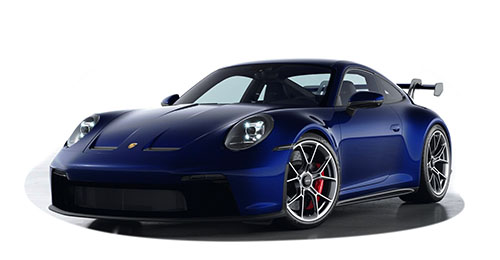 2024 911 GT3
2024 911 GT3
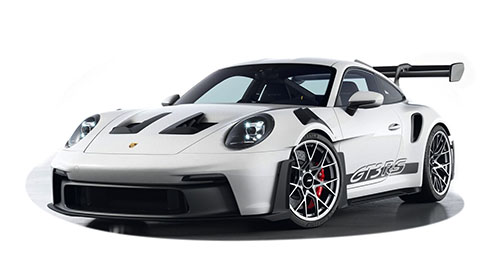 2024 911 GT3 RS
2024 911 GT3 RS
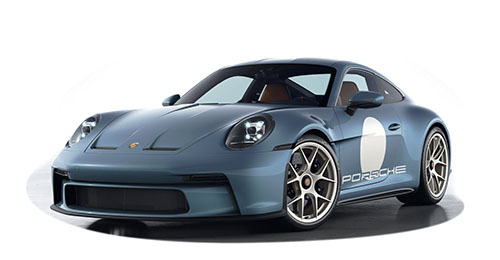 2024 911 ST
2024 911 ST
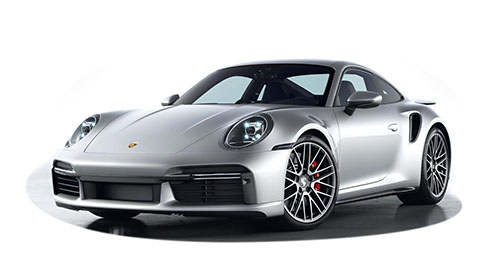 2024 911 Turbo
2024 911 Turbo
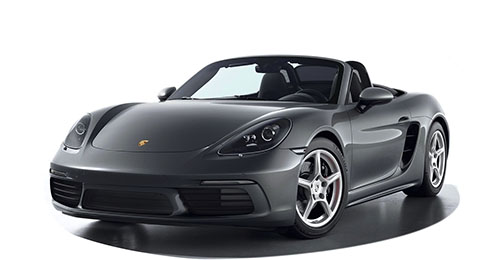 2024 718 Boxster
2024 718 Boxster
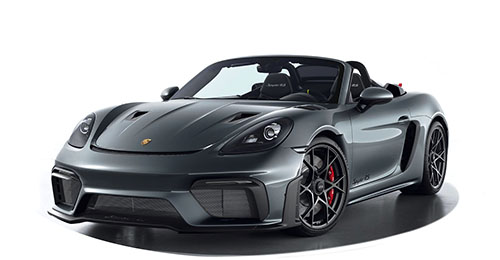 2024 718 Spyder RS
2024 718 Spyder RS
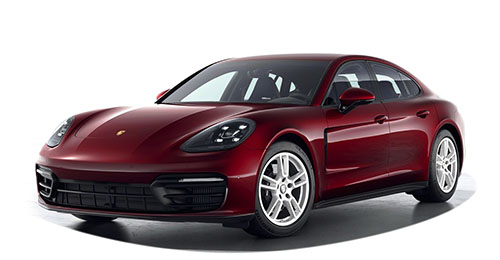 2024 Panamera
2024 Panamera
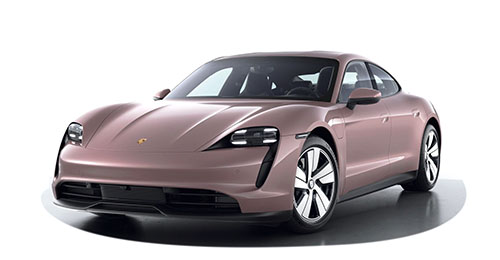 2024 Taycan
2024 Taycan
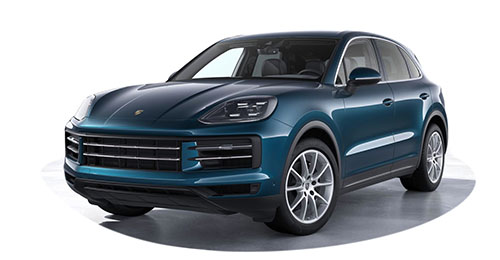 2024 Cayenne
2024 Cayenne
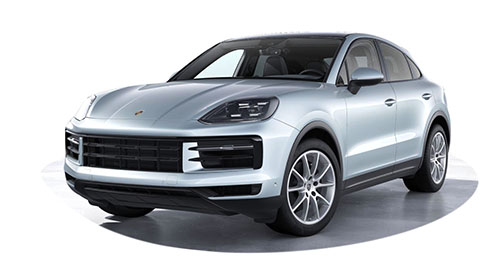 2024 Cayenne Coupe
2024 Cayenne Coupe
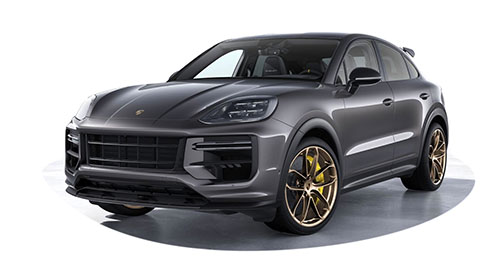 2024 Cayenne Turbo GT
2024 Cayenne Turbo GT
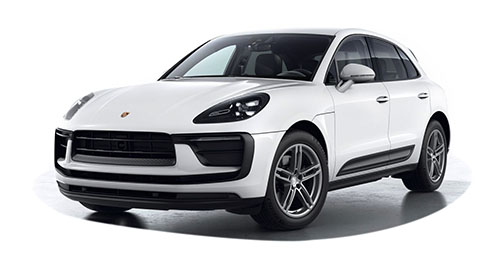 2024 Macan
2024 Macan
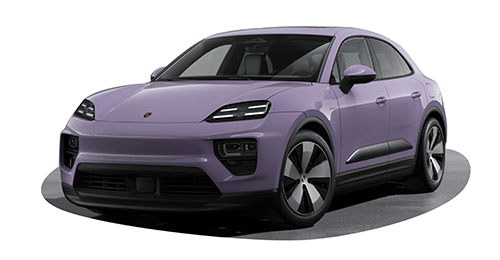 2024 Macan Electric
2024 Macan Electric
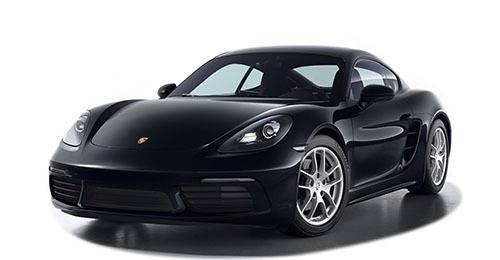 2023 718 Cayman
2023 718 Cayman
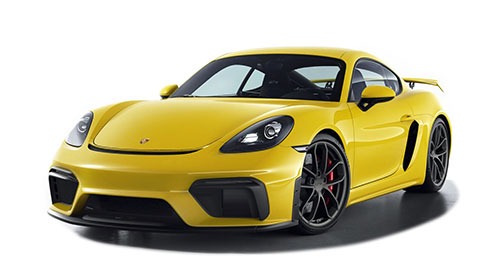 2023 718 Cayman GT4
2023 718 Cayman GT4
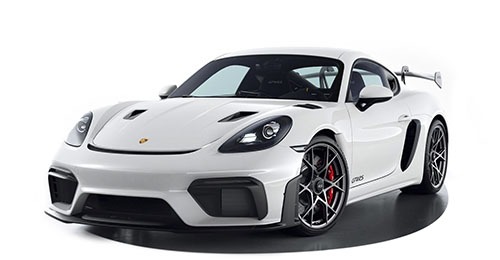 2023 718 Cayman GT4 RS
2023 718 Cayman GT4 RS
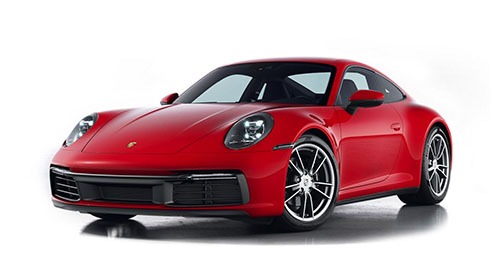 2023 911 Carrera
2023 911 Carrera
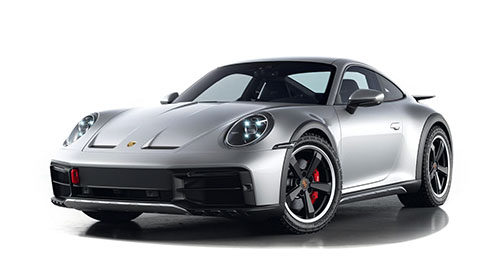 2023 911 Dakar
2023 911 Dakar
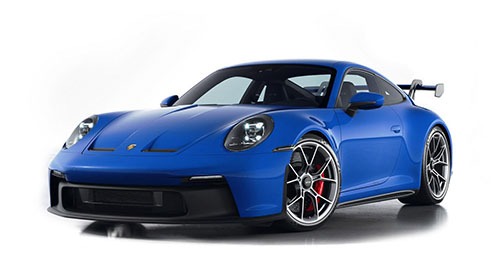 2023 911 GT3
2023 911 GT3
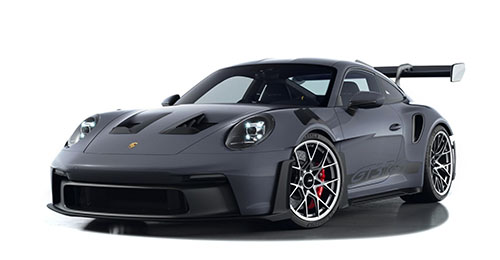 2023 911 GT3 RS
2023 911 GT3 RS
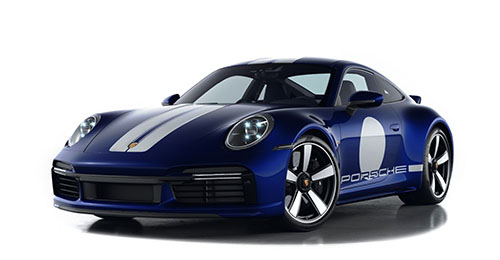 2023 911 Sport Classic
2023 911 Sport Classic
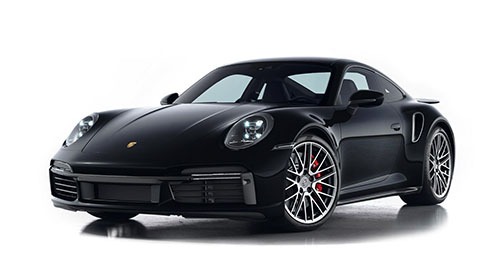 2023 911 Turbo
2023 911 Turbo
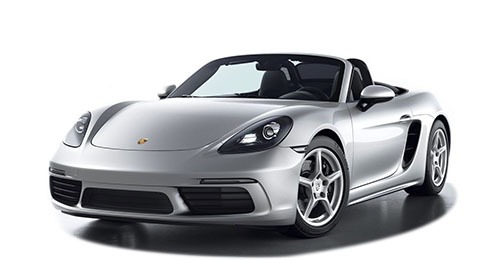 2023 718 Boxster
2023 718 Boxster
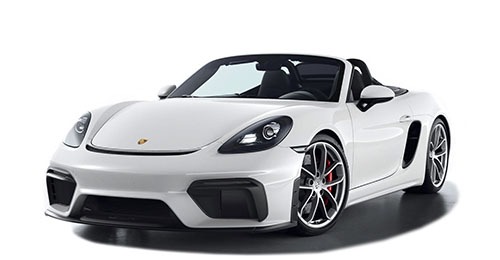 2023 718 Spyder
2023 718 Spyder
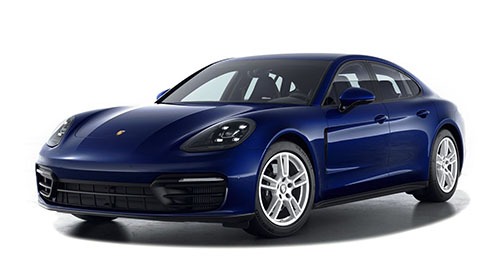 2023 Panamera
2023 Panamera
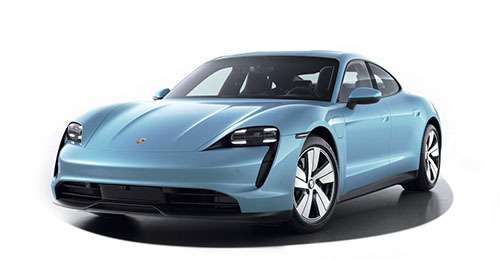 2023 Taycan
2023 Taycan
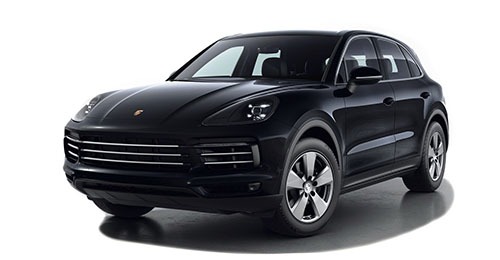 2023 Cayenne
2023 Cayenne
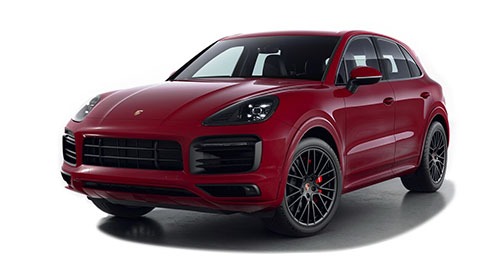 2023 Cayenne GTS
2023 Cayenne GTS
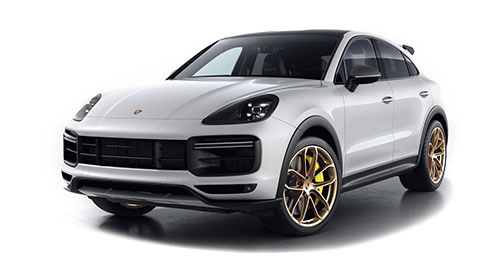 2023 Cayenne Turbo GT
2023 Cayenne Turbo GT
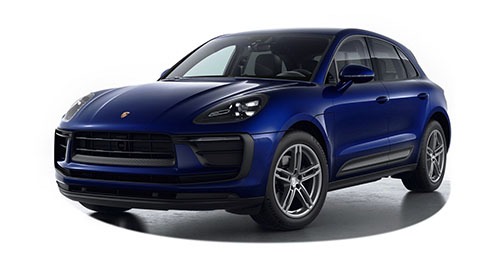 2023 Macan
2023 Macan
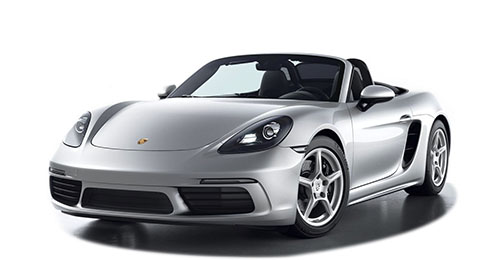 2022 718 Boxster
2022 718 Boxster
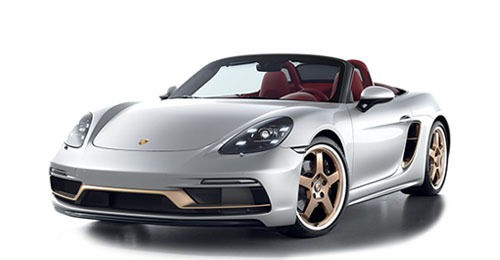 2022 718 Boxster 25 Years
2022 718 Boxster 25 Years
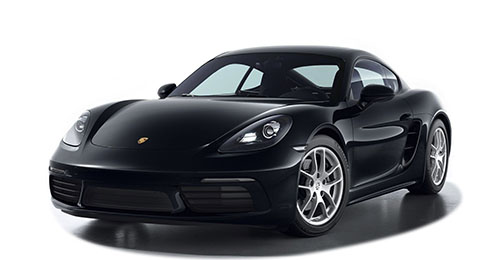 2022 718 Cayman
2022 718 Cayman
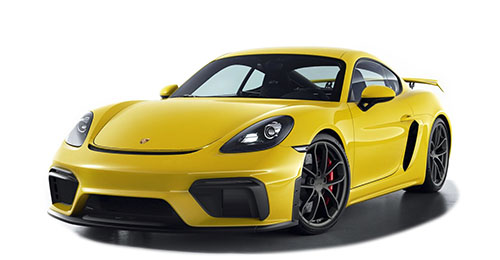 2022 718 Cayman GT4
2022 718 Cayman GT4
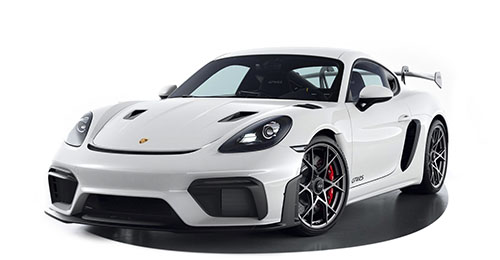 2022 718 Cayman GT4 RS
2022 718 Cayman GT4 RS
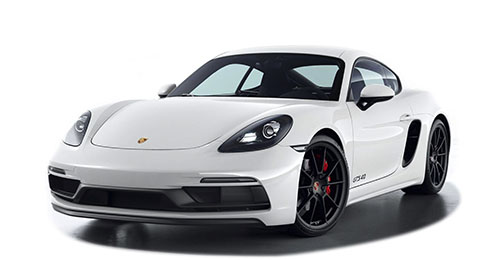 2022 718 GTS 4.0
2022 718 GTS 4.0
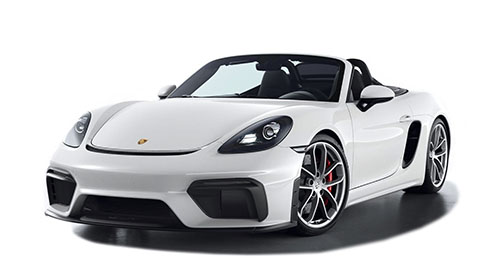 2022 718 Spyder
2022 718 Spyder
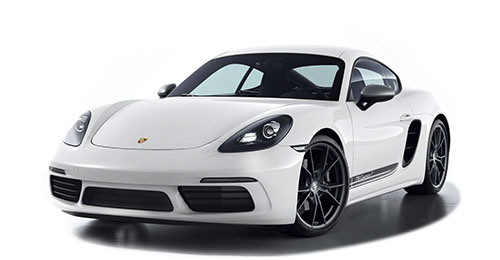 2022 718 T
2022 718 T
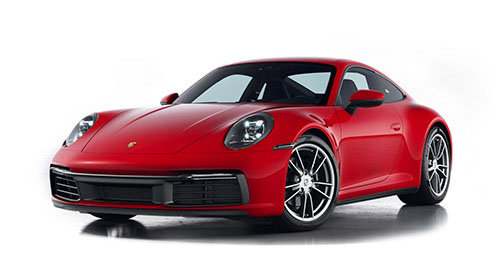 2022 911
2022 911
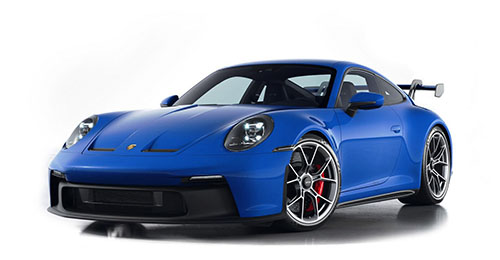 2022 911 GT3
2022 911 GT3
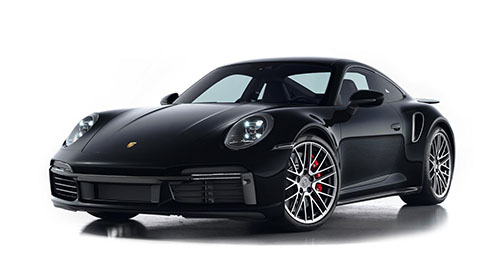 2022 911 Turbo
2022 911 Turbo
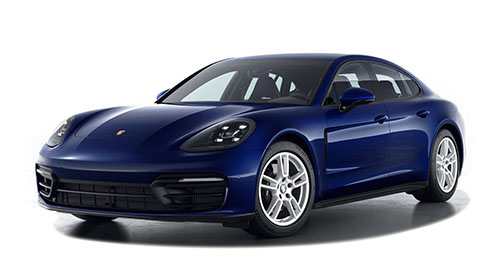 2022 Panamera
2022 Panamera
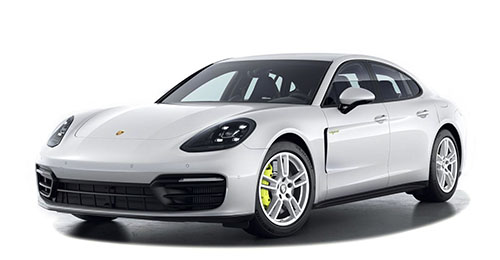 2022 Panamera E-Hybrid
2022 Panamera E-Hybrid
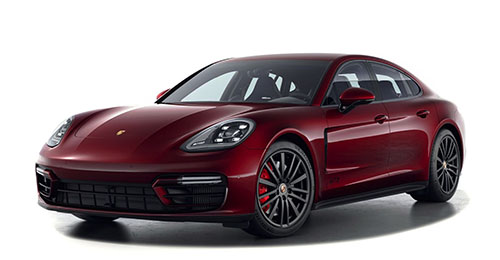 2022 Panamera GTS
2022 Panamera GTS
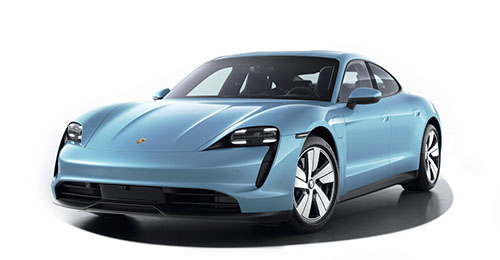 2022 Taycan
2022 Taycan
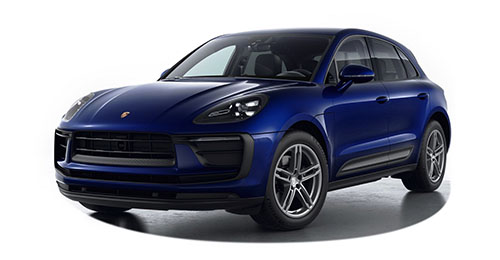 2022 Macan
2022 Macan
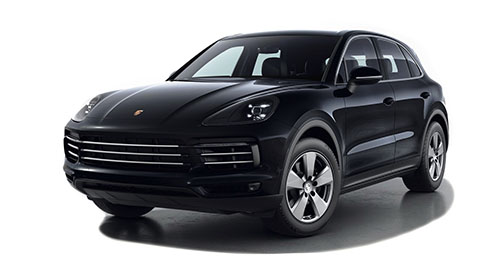 2022 Cayenne
2022 Cayenne
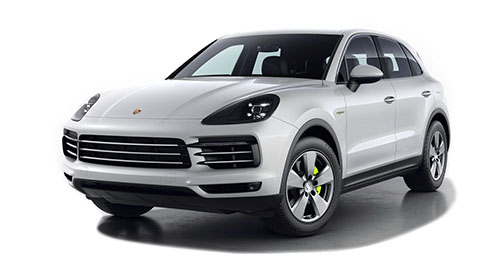 2022 Cayenne E-Hybrid
2022 Cayenne E-Hybrid
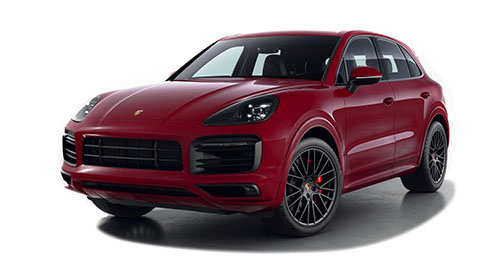 2022 Cayenne GTS
2022 Cayenne GTS
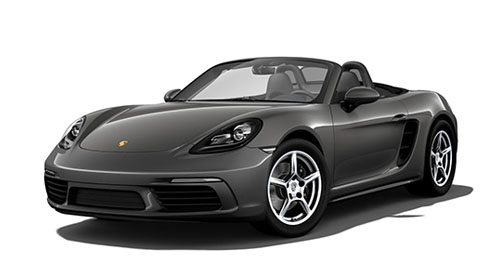 2021 718 Boxster
2021 718 Boxster
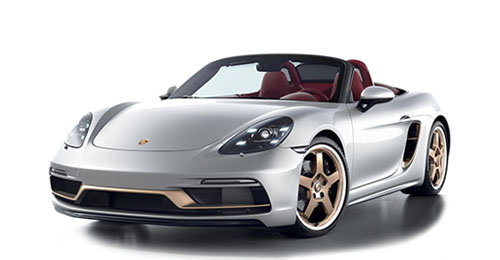 2021 718 Boxster 25 Years
2021 718 Boxster 25 Years
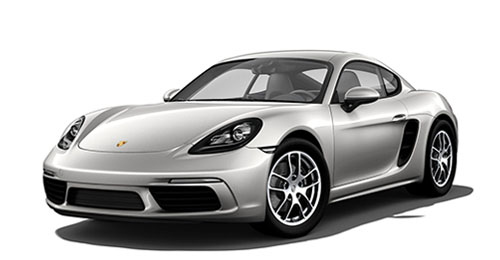 2021 718 Cayman
2021 718 Cayman
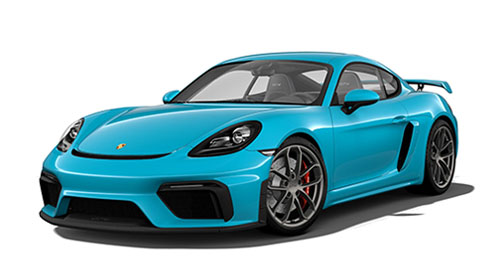 2021 718 Cayman GT4
2021 718 Cayman GT4
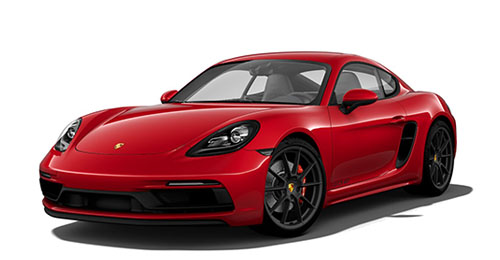 2021 718 GTS 4.0
2021 718 GTS 4.0
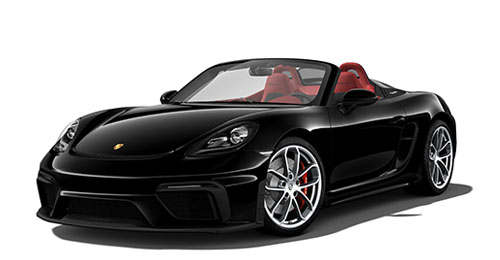 2021 718 Spyder
2021 718 Spyder
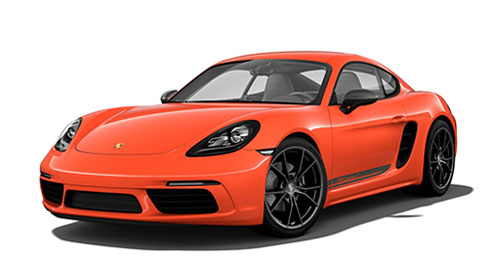 2021 718 T
2021 718 T
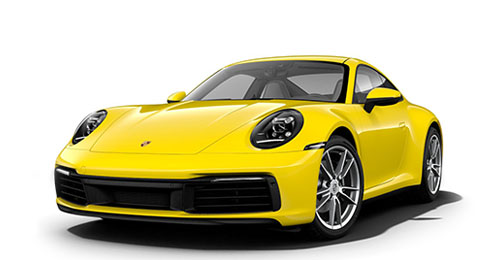 2021 911
2021 911
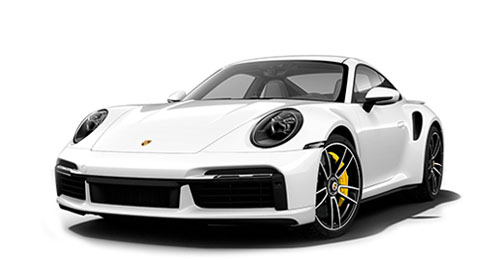 2021 911 Turbo
2021 911 Turbo
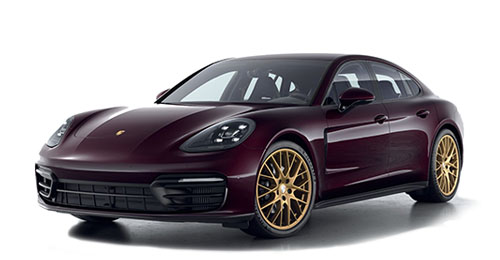 2021 Panamera
2021 Panamera
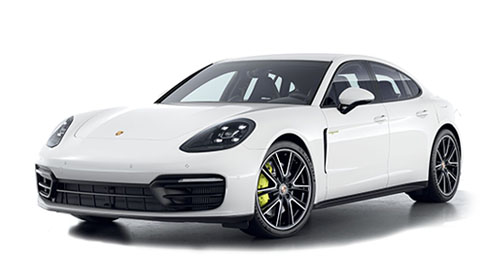 2021 Panamera E-Hybrid
2021 Panamera E-Hybrid
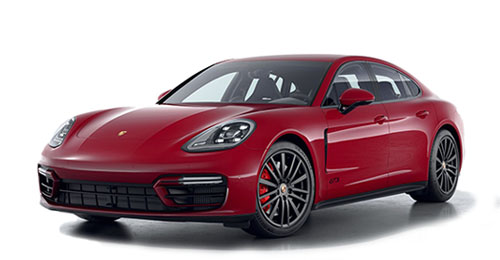 2021 Panamera GTS
2021 Panamera GTS
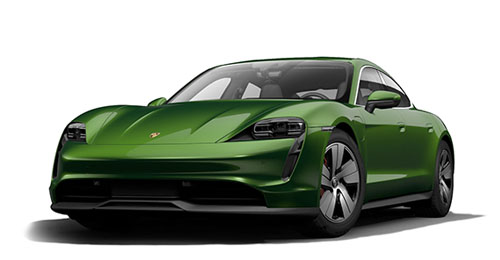 2021 Taycan
2021 Taycan
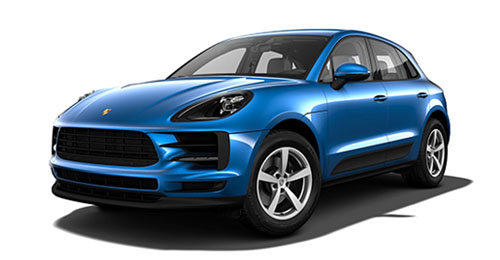 2021 Macan
2021 Macan
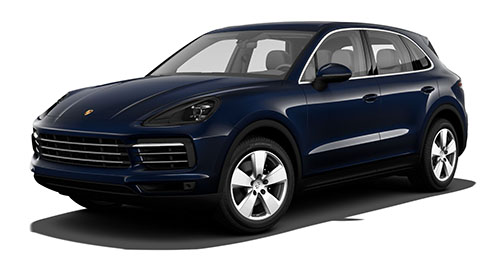 2021 Cayenne
2021 Cayenne
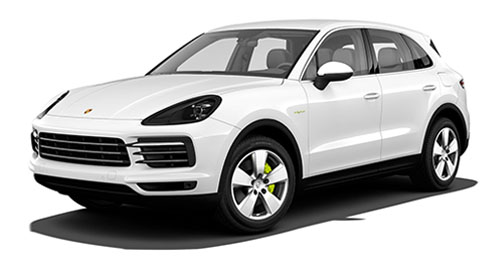 2021 Cayenne E-Hybrid
2021 Cayenne E-Hybrid
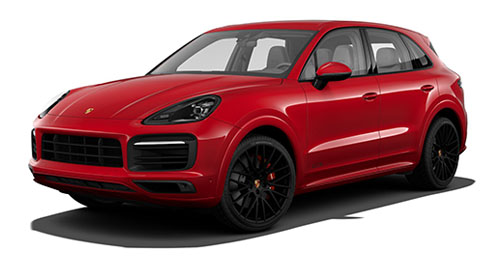 2021 Cayenne GTS
2021 Cayenne GTS
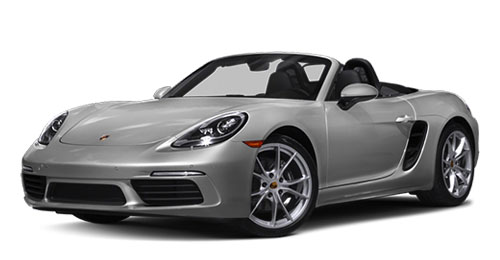 2020 718 Boxster
2020 718 Boxster
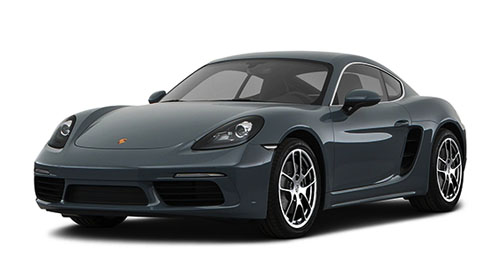 2020 718 Cayman
2020 718 Cayman
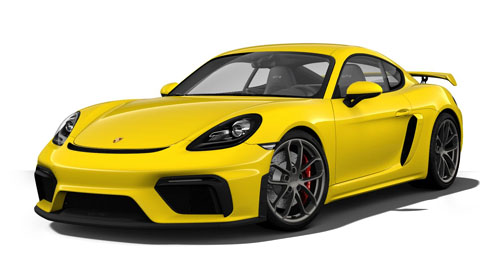 2020 718 Cayman GT4
2020 718 Cayman GT4
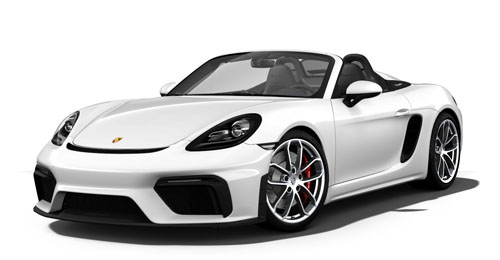 2020 718 Spyder
2020 718 Spyder
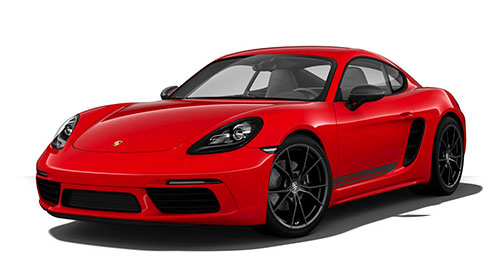 2020 718 T
2020 718 T
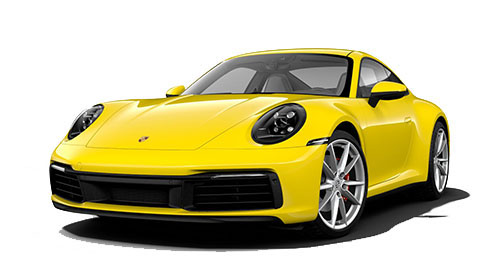 2020 911 Carrera
2020 911 Carrera
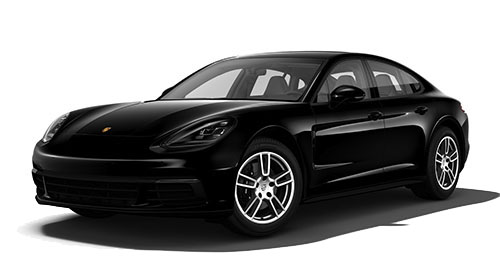 2020 Panamera
2020 Panamera
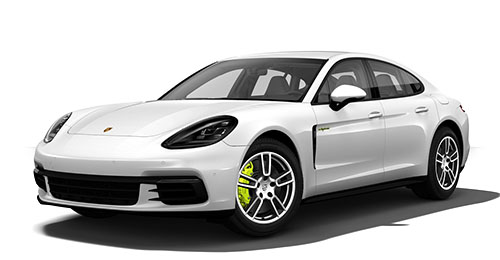 2020 Panamera E-Hybrid
2020 Panamera E-Hybrid
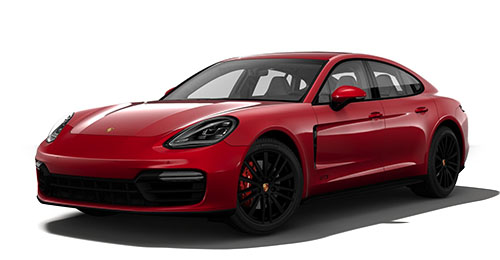 2020 Panamera GTS
2020 Panamera GTS
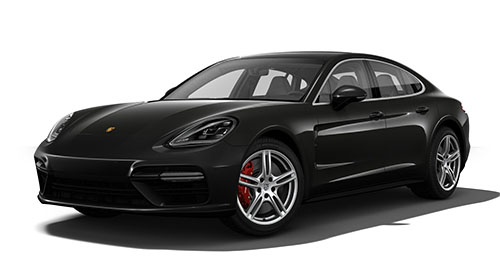 2020 Panamera Turbo
2020 Panamera Turbo
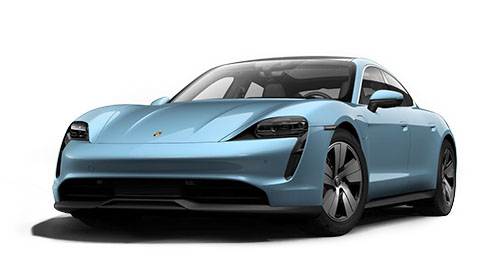 2020 Taycan
2020 Taycan
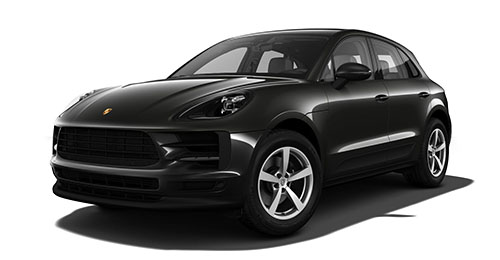 2020 Macan
2020 Macan
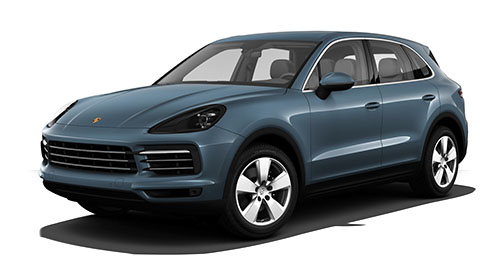 2020 Cayenne
2020 Cayenne
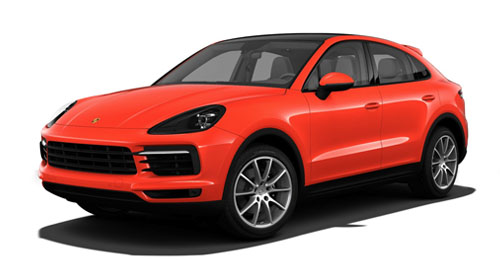 2020 Cayenne Coupe
2020 Cayenne Coupe
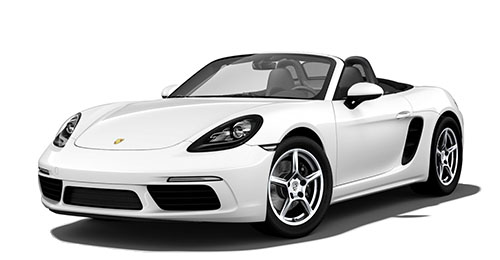 2019 718 Boxster
2019 718 Boxster
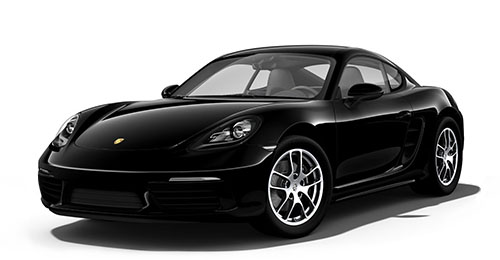 2019 718 Cayman
2019 718 Cayman
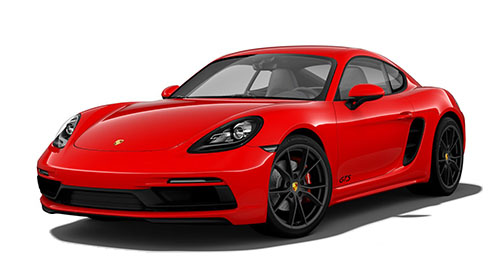 2019 718 GTS
2019 718 GTS
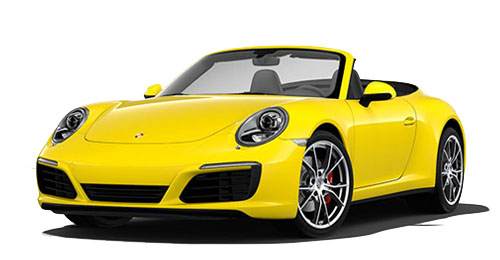 2019 911 Carrera
2019 911 Carrera
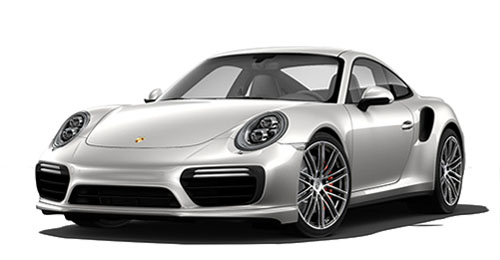 2019 911 Carrera T
2019 911 Carrera T
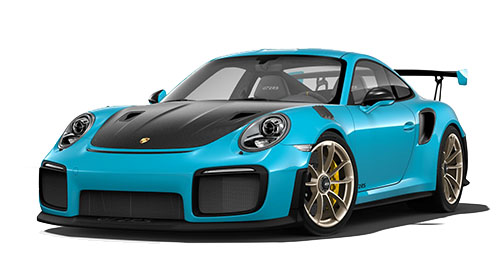 2019 911 GT2 RS
2019 911 GT2 RS
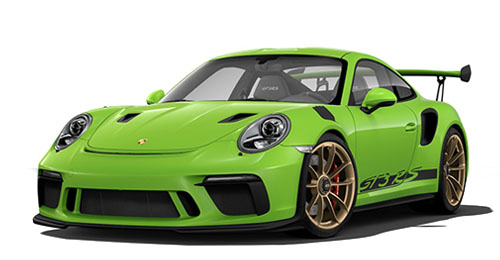 2019 911 GT3
2019 911 GT3
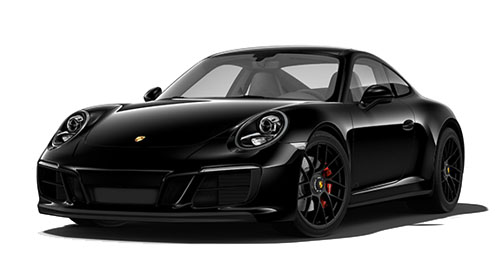 2019 911 GTS
2019 911 GTS
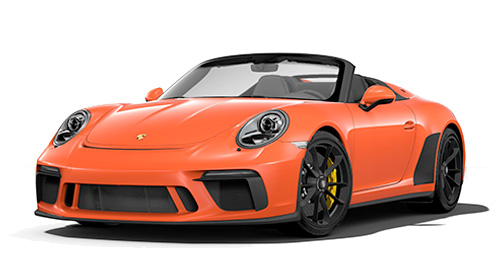 2019 911 Speedster
2019 911 Speedster
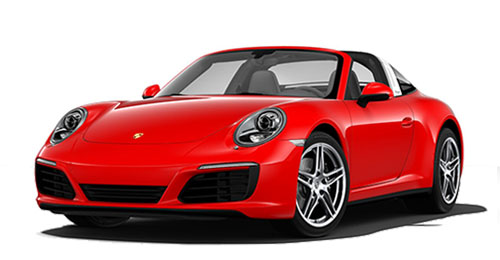 2019 911 Targa 4
2019 911 Targa 4
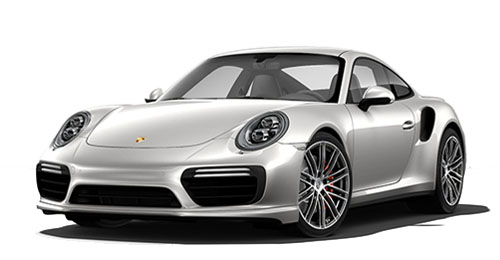 2019 911 Turbo
2019 911 Turbo
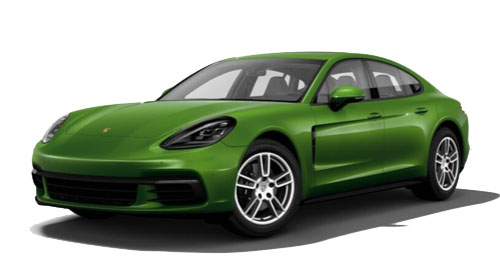 2019 Panamera
2019 Panamera
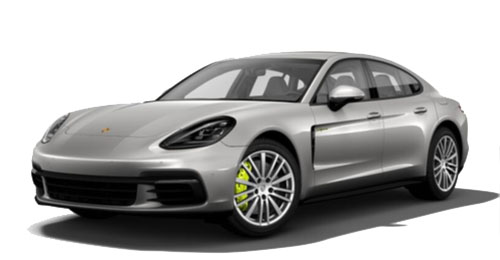 2019 Panamera E-Hybrid
2019 Panamera E-Hybrid
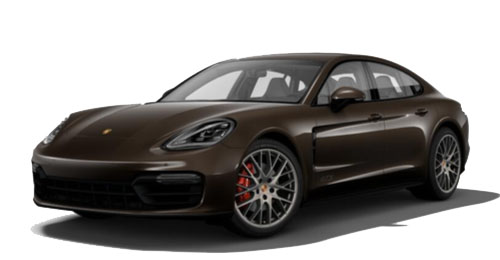 2019 Panamera GTS
2019 Panamera GTS
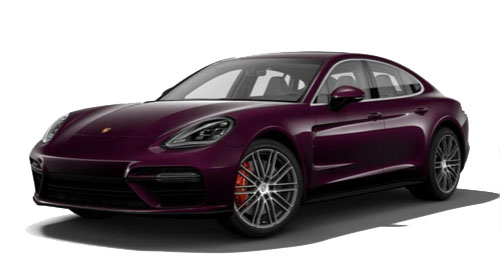 2019 Panamera Turbo
2019 Panamera Turbo
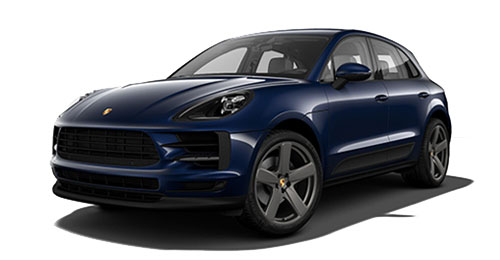 2019 Macan
2019 Macan
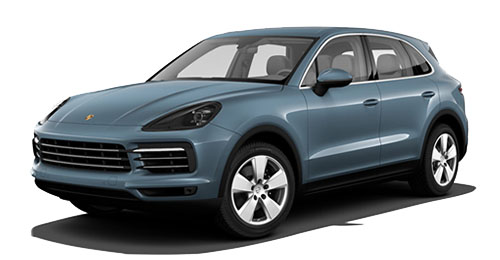 2019 Cayenne
2019 Cayenne
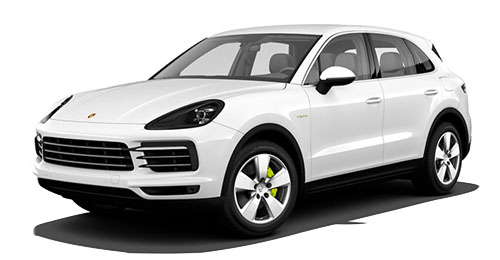 2019 Cayenne E-Hybrid
2019 Cayenne E-Hybrid
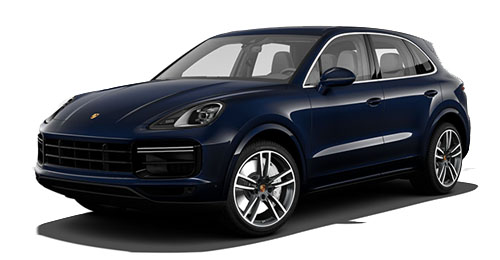 2019 Cayenne Turbo
2019 Cayenne Turbo
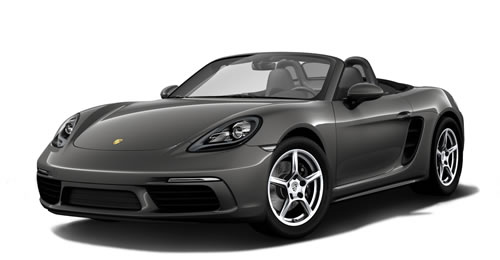 2018 718 Boxster
2018 718 Boxster
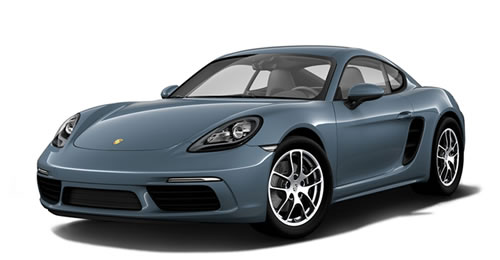 2018 718 Cayman
2018 718 Cayman
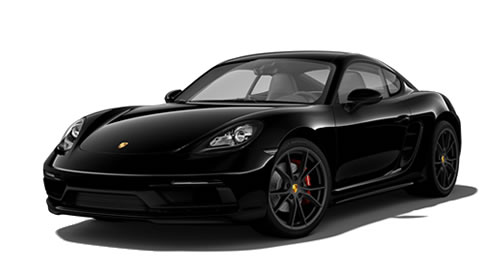 2018 718 GTS
2018 718 GTS
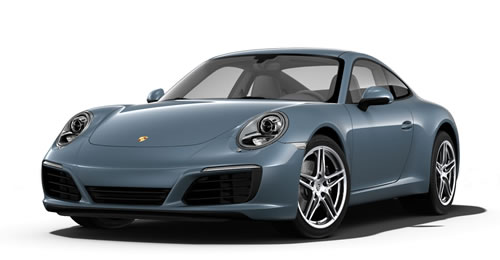 2018 911 Carrera
2018 911 Carrera
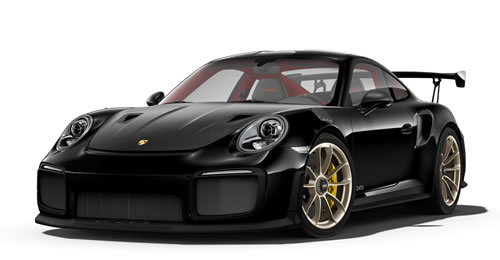 2018 911 GT2 RS
2018 911 GT2 RS
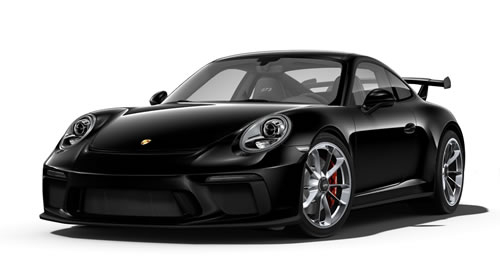 2018 911 GT3
2018 911 GT3
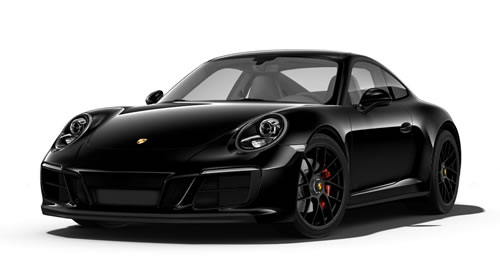 2018 911 GTS
2018 911 GTS
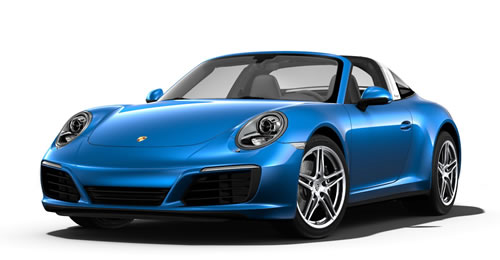 2018 911 Targa 4
2018 911 Targa 4
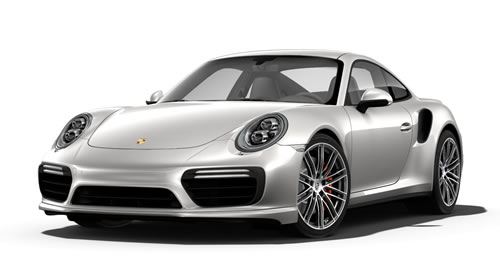 2018 911 Turbo
2018 911 Turbo
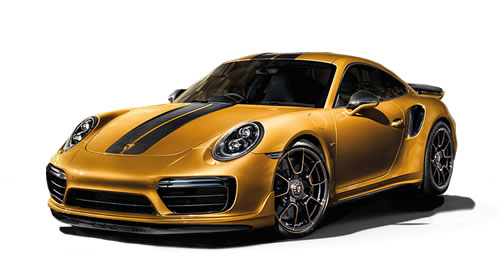 2018 911 Turbo S Exclusive
2018 911 Turbo S Exclusive
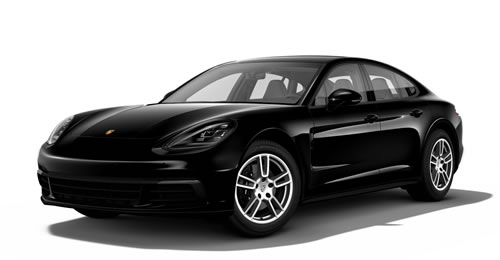 2018 Panamera
2018 Panamera
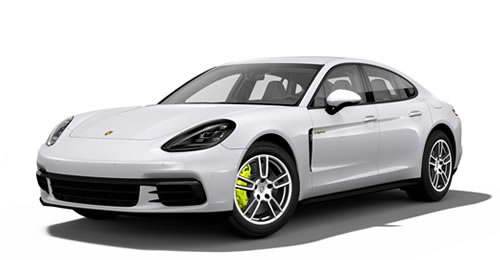 2018 Panamera E-Hybrid
2018 Panamera E-Hybrid
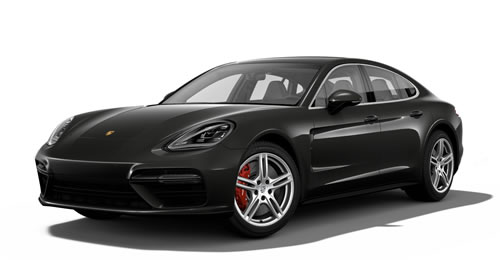 2018 Panamera Turbo
2018 Panamera Turbo
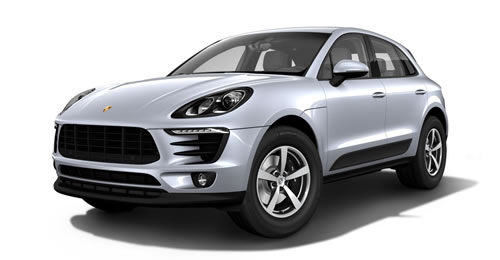 2018 Macan
2018 Macan
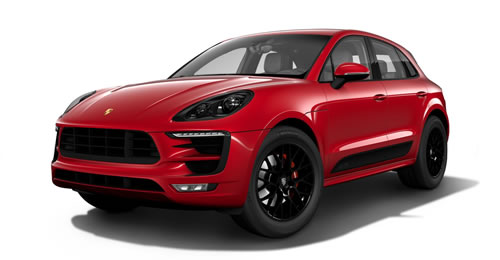 2018 Macan GTS
2018 Macan GTS
 2018 Macan Turbo
2018 Macan Turbo
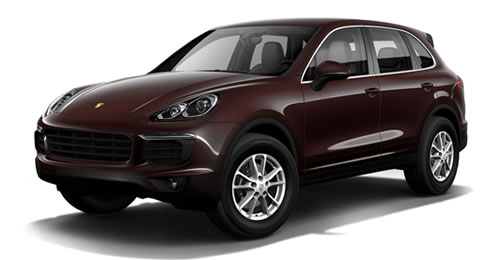 2018 Cayenne
2018 Cayenne
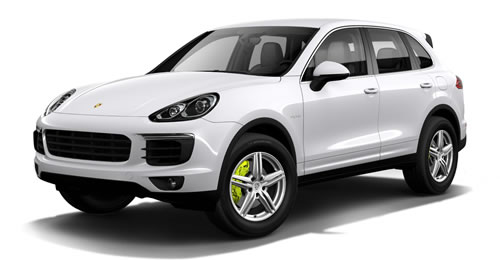 2018 Cayenne E-Hybrid
2018 Cayenne E-Hybrid
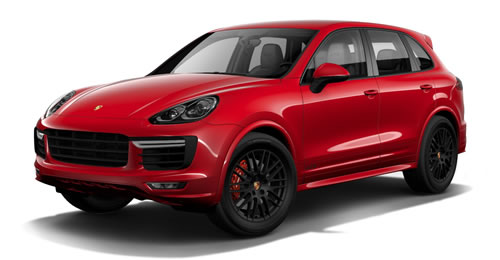 2018 Cayenne GTS
2018 Cayenne GTS
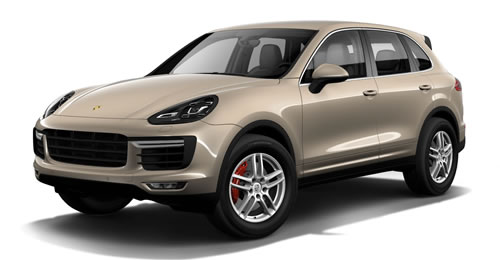 2018 Cayenne Turbo
2018 Cayenne Turbo
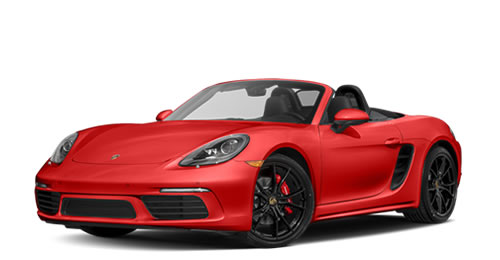 2017 718 Boxster
2017 718 Boxster
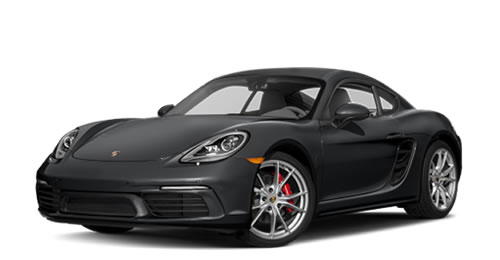 2017 718 Cayman
2017 718 Cayman
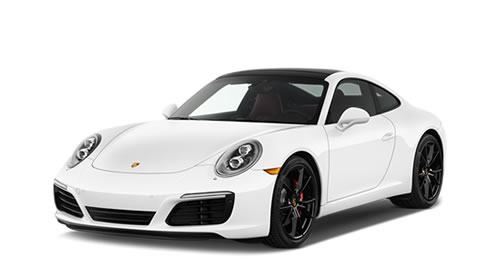 2017 911 Carrera
2017 911 Carrera
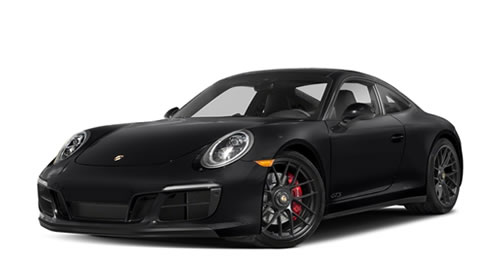 2017 911 GTS
2017 911 GTS
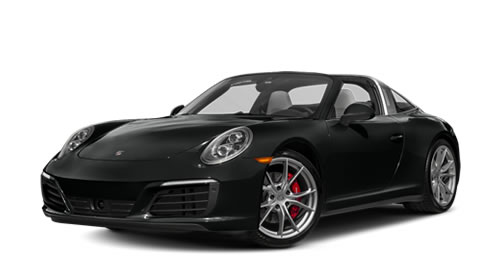 2017 911 Targa
2017 911 Targa
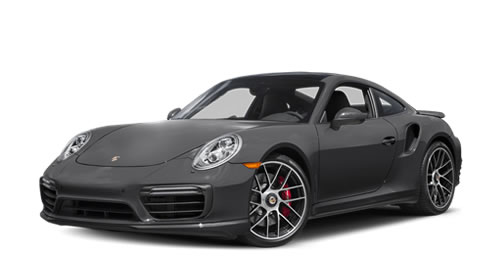 2017 911 Turbo
2017 911 Turbo
 2017 Panamera
2017 Panamera
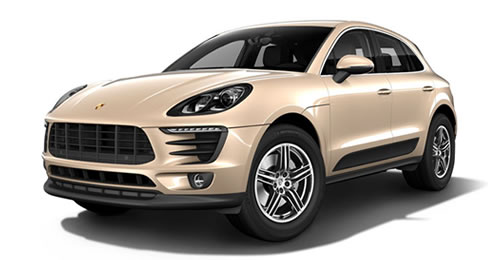 2017 Macan
2017 Macan
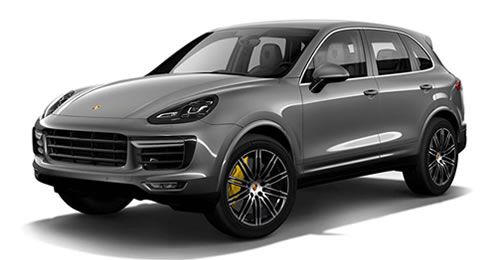 2017 Cayenne
2017 Cayenne
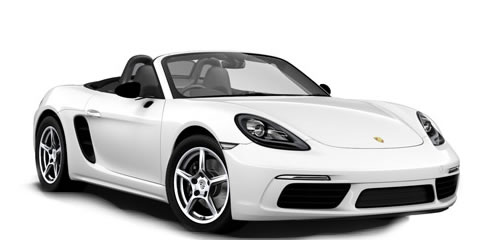 2016 Boxster
2016 Boxster
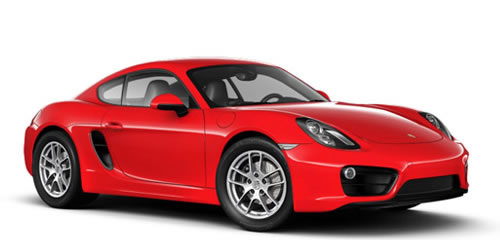 2016 Cayman
2016 Cayman
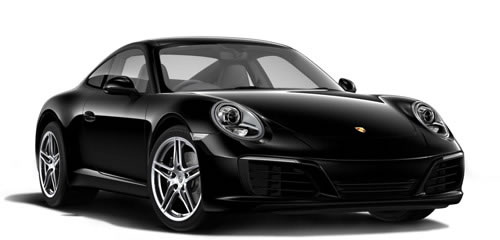 2016 911
2016 911
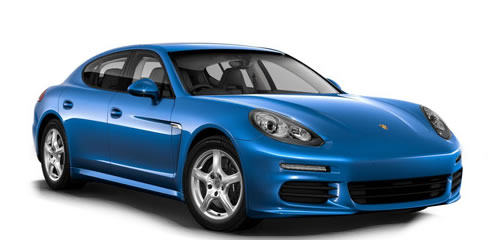 2016 Panamera
2016 Panamera
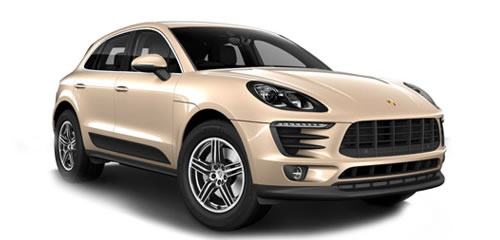 2016 Macan
2016 Macan
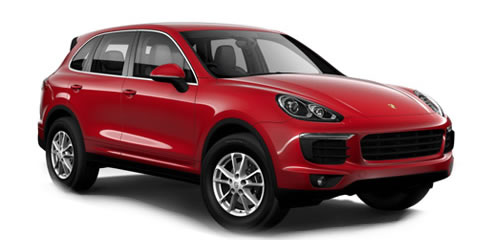 2016 Cayenne
2016 Cayenne
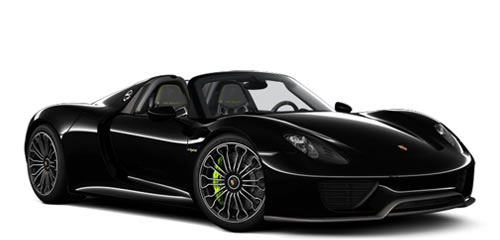 2015 918 Spyder
2015 918 Spyder
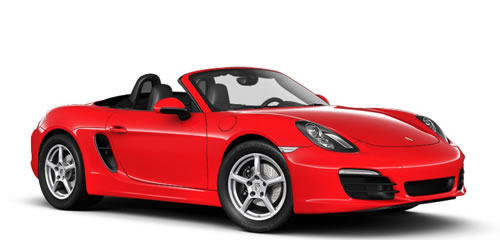 2015 Boxster
2015 Boxster
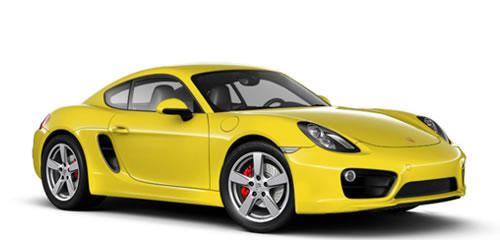 2015 Cayman
2015 Cayman
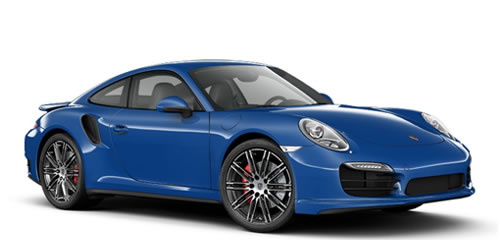 2015 911
2015 911
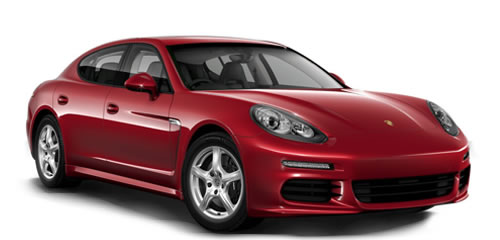 2015 Panamera
2015 Panamera
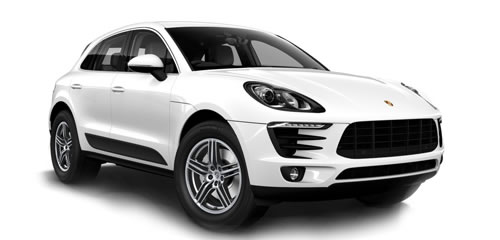 2015 Macan
2015 Macan
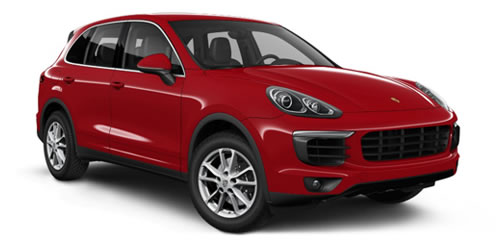 2015 Cayenne
2015 Cayenne












